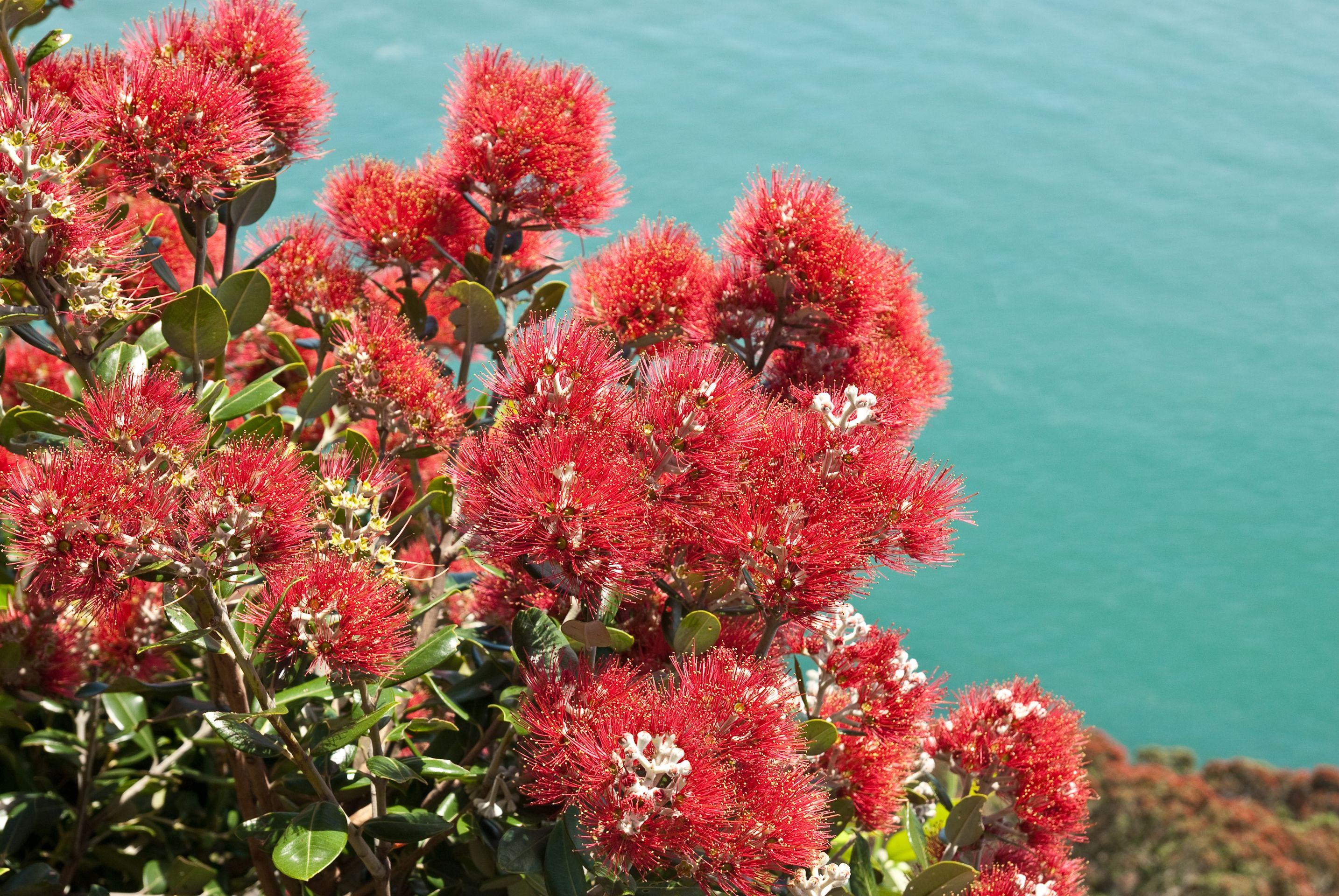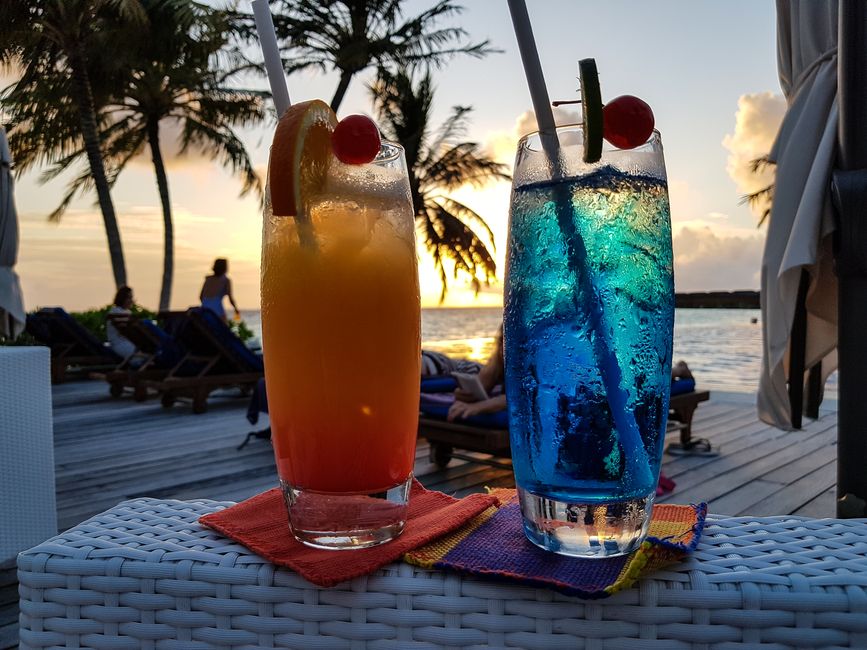The subantarctic islands
Pubblicato: 27.02.2023
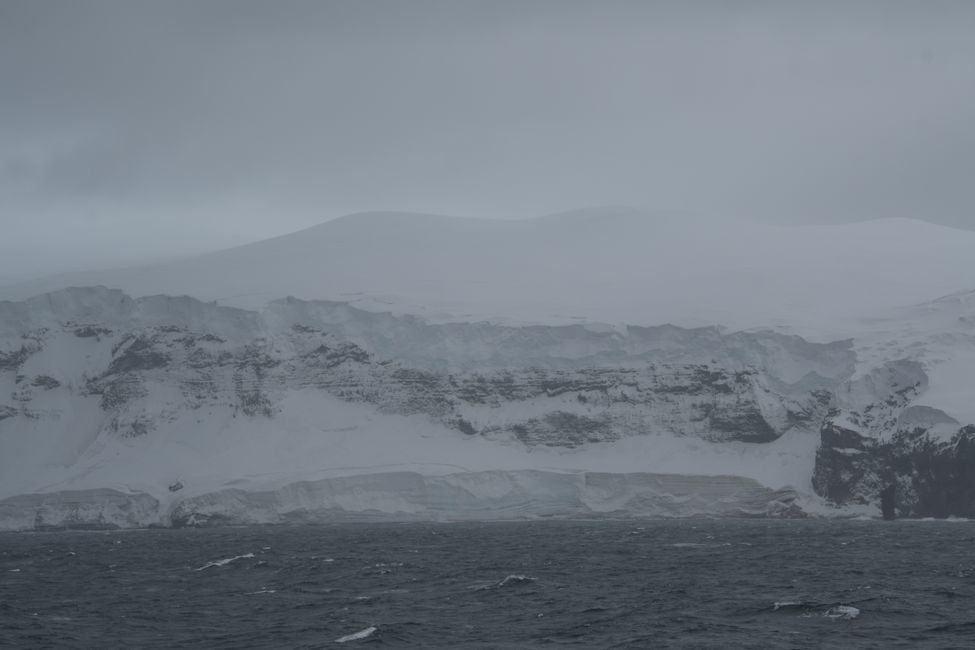
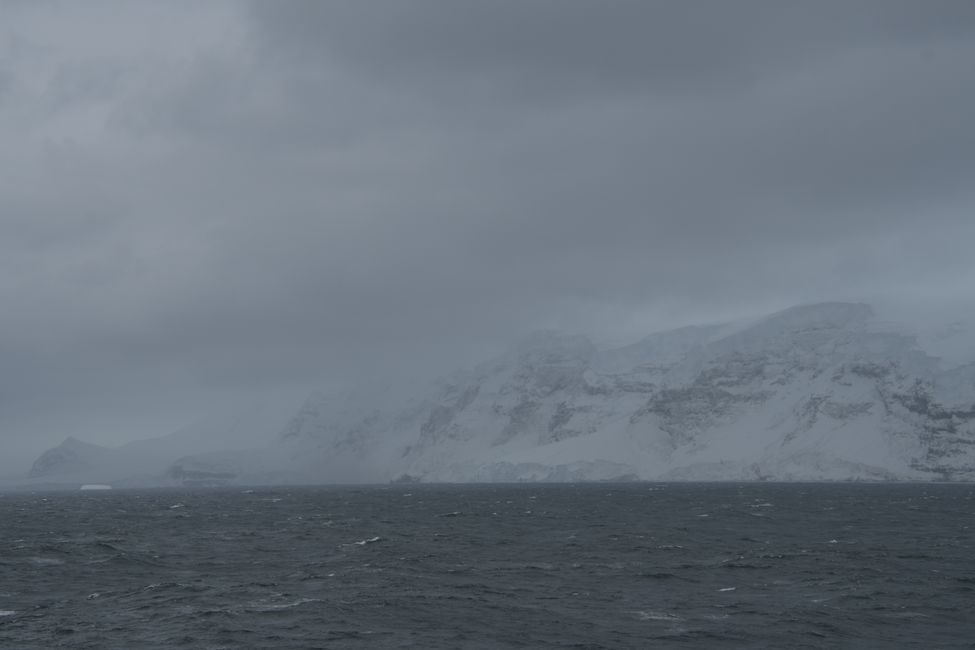
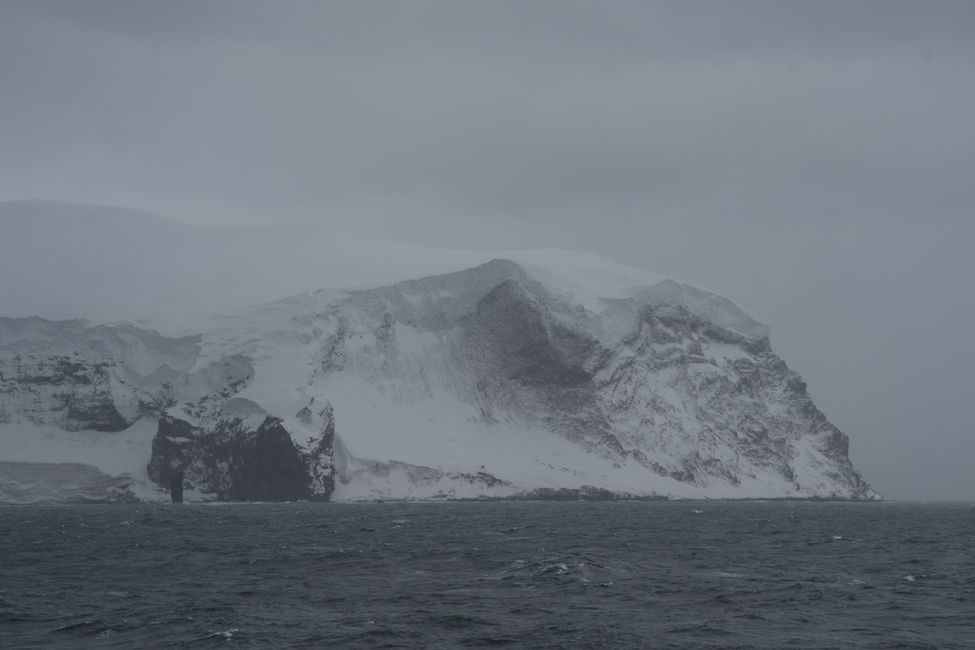
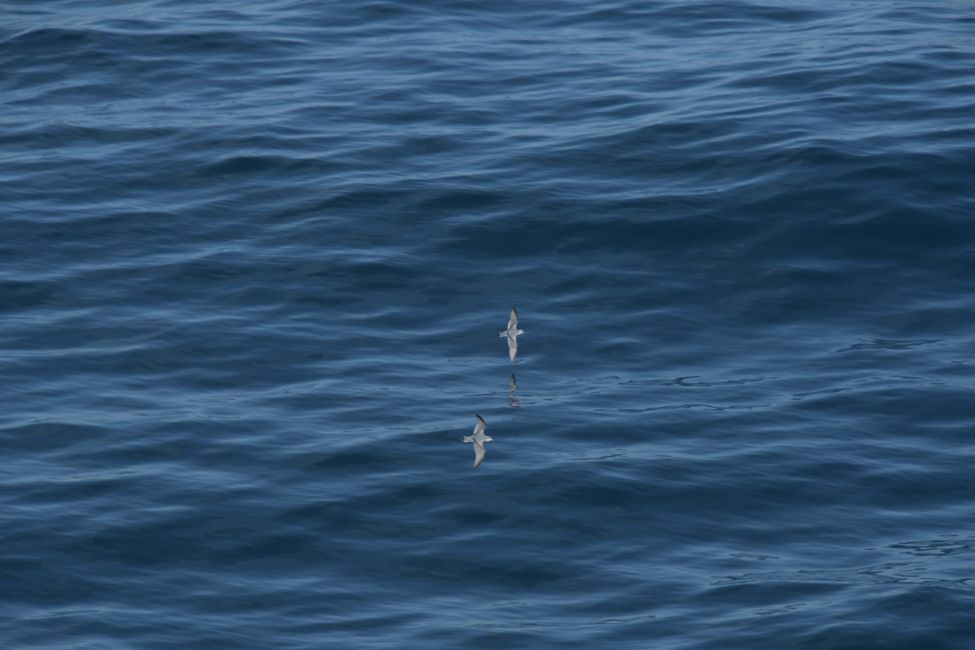
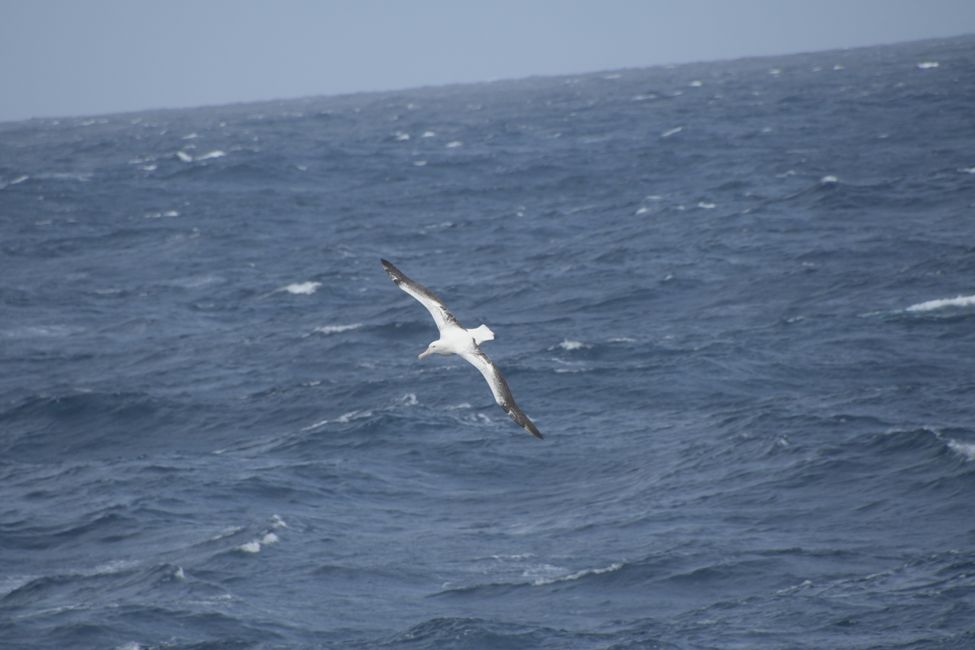
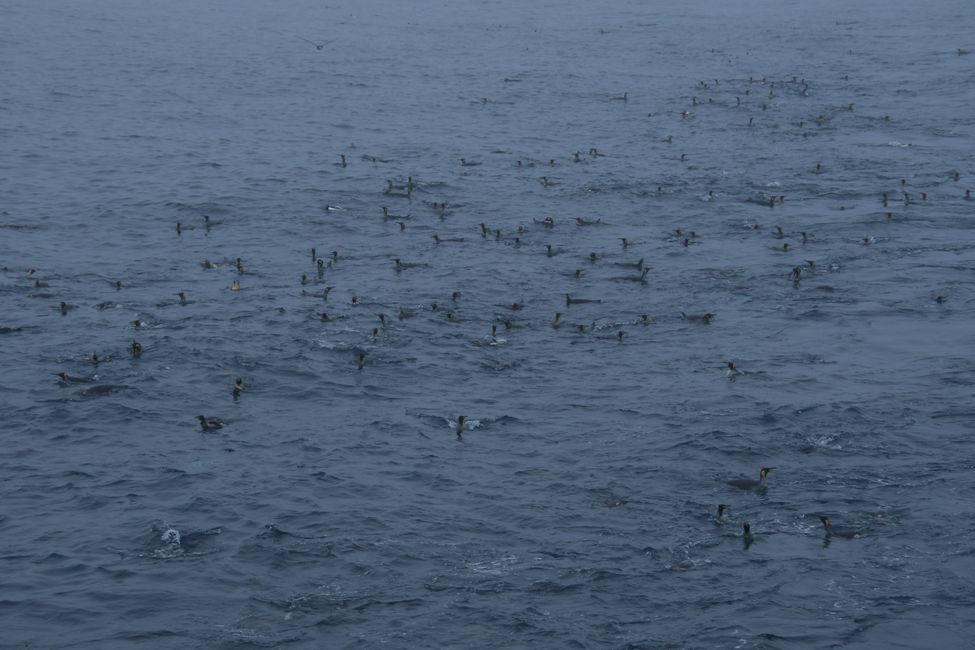
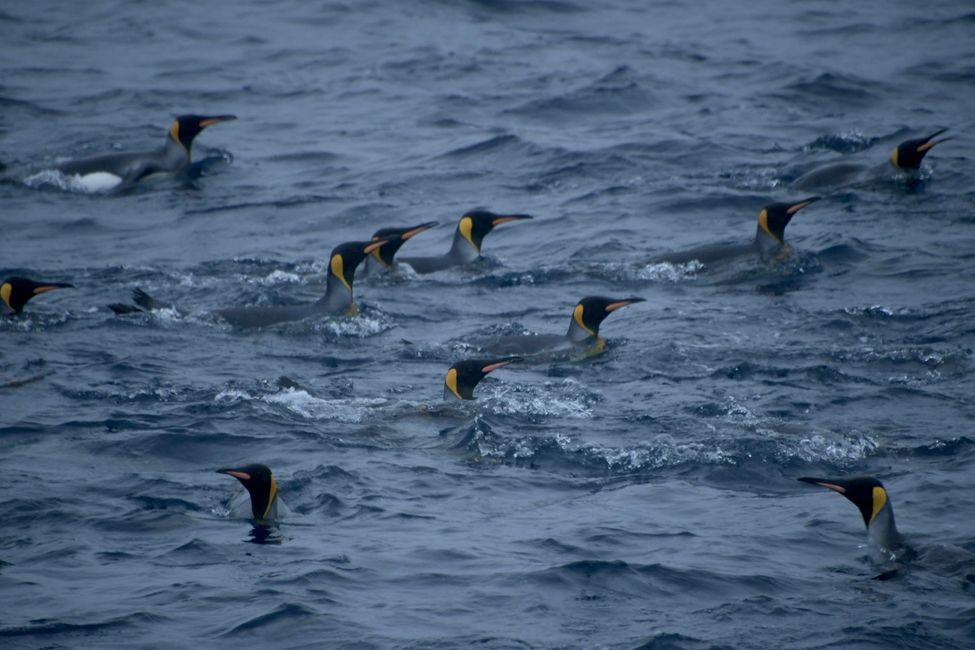
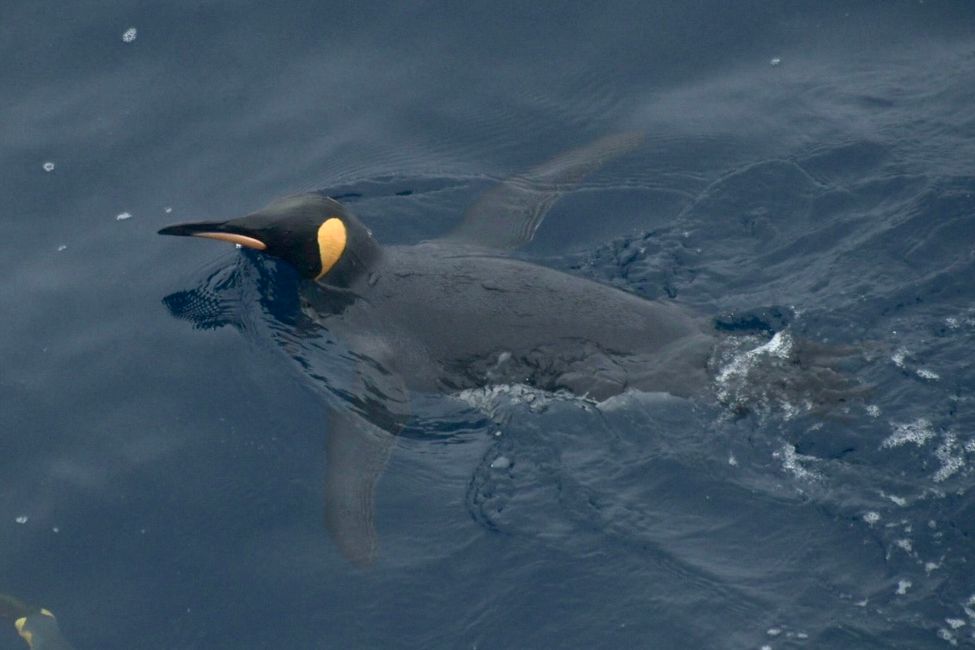
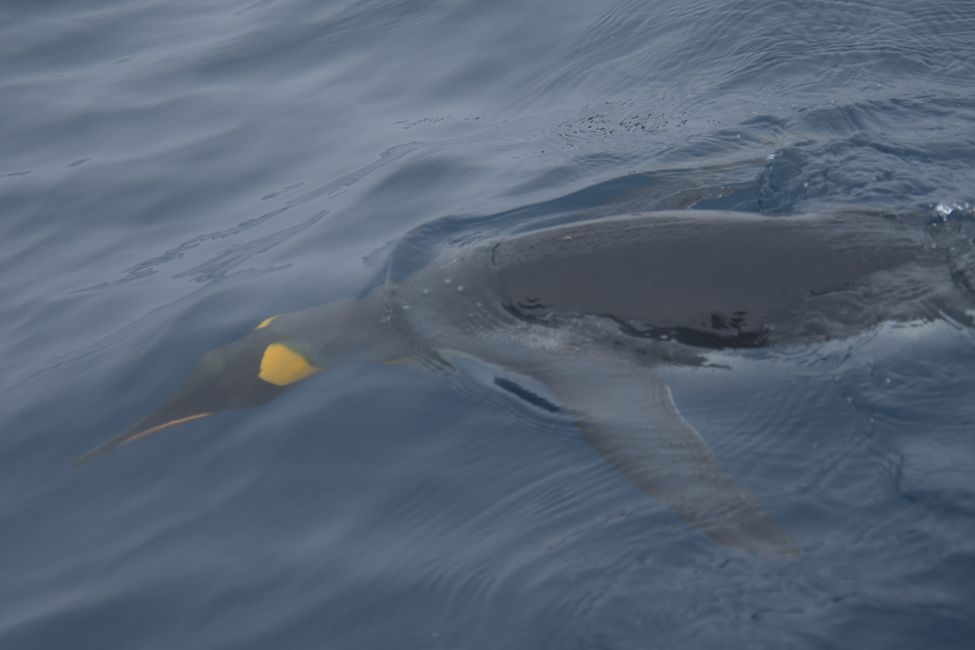
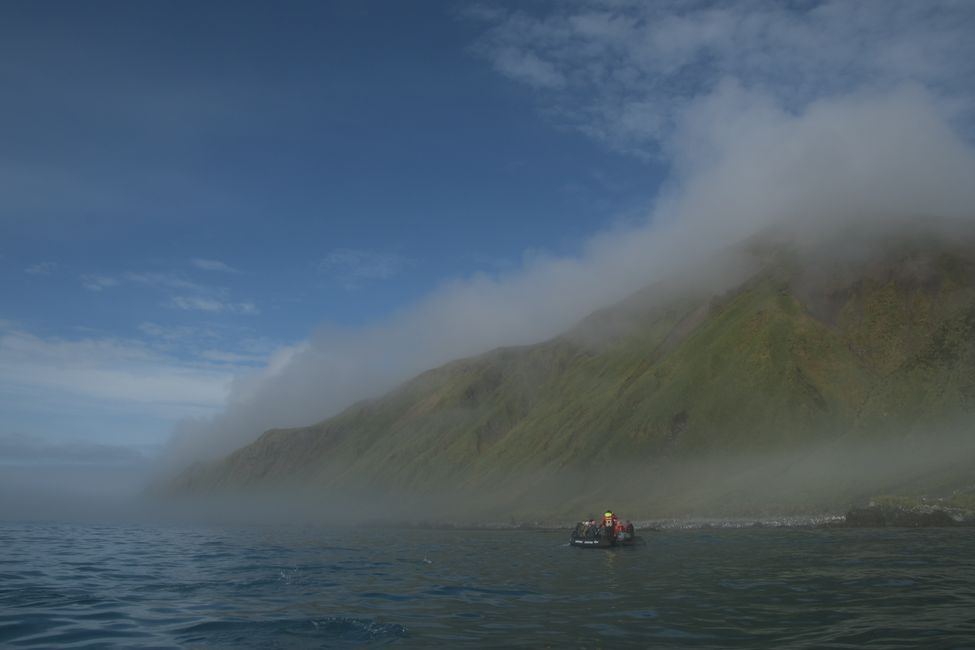
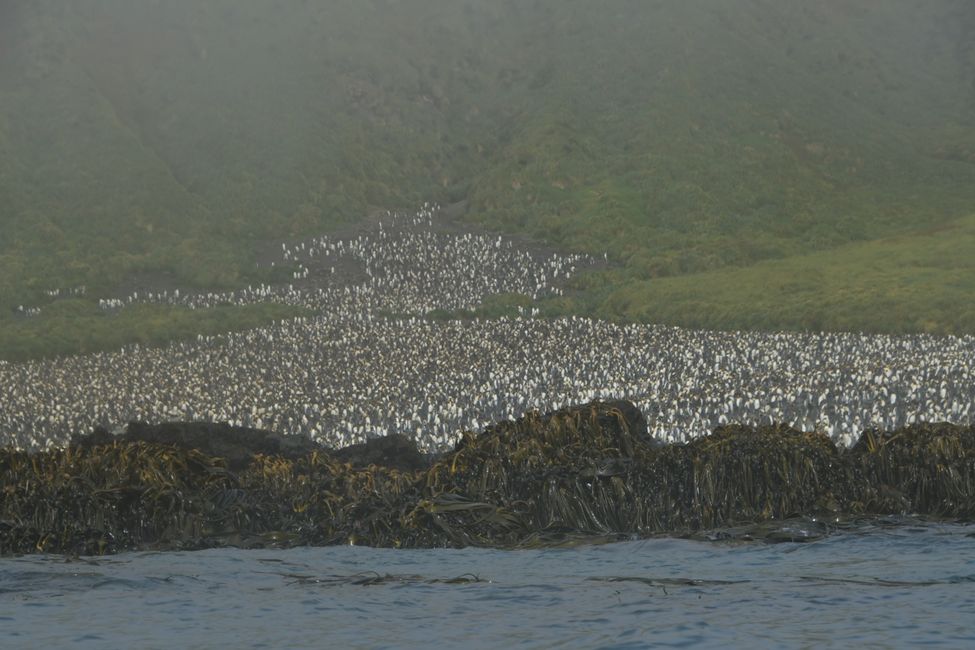
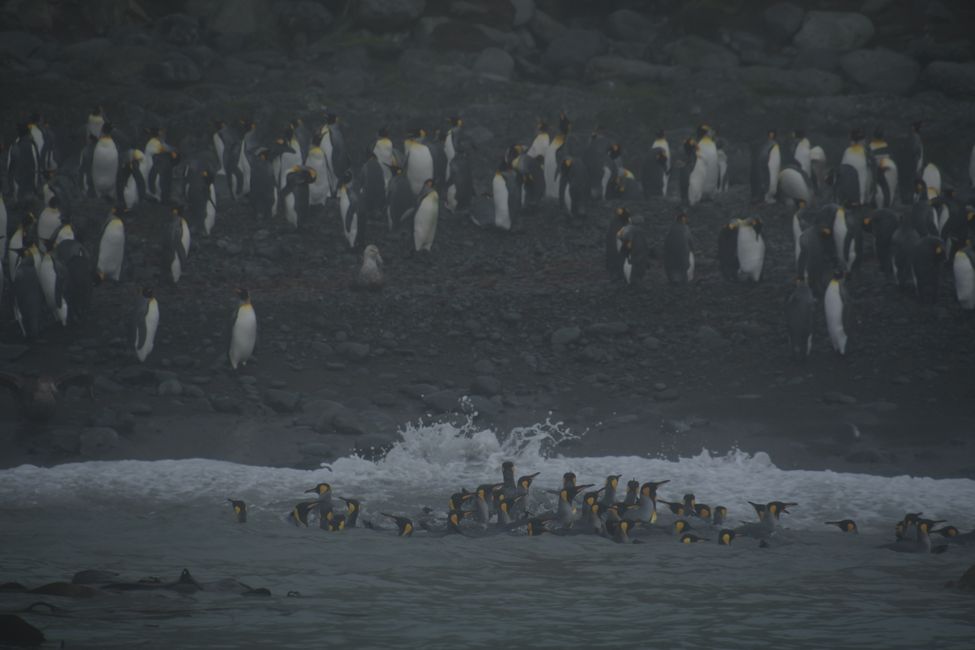
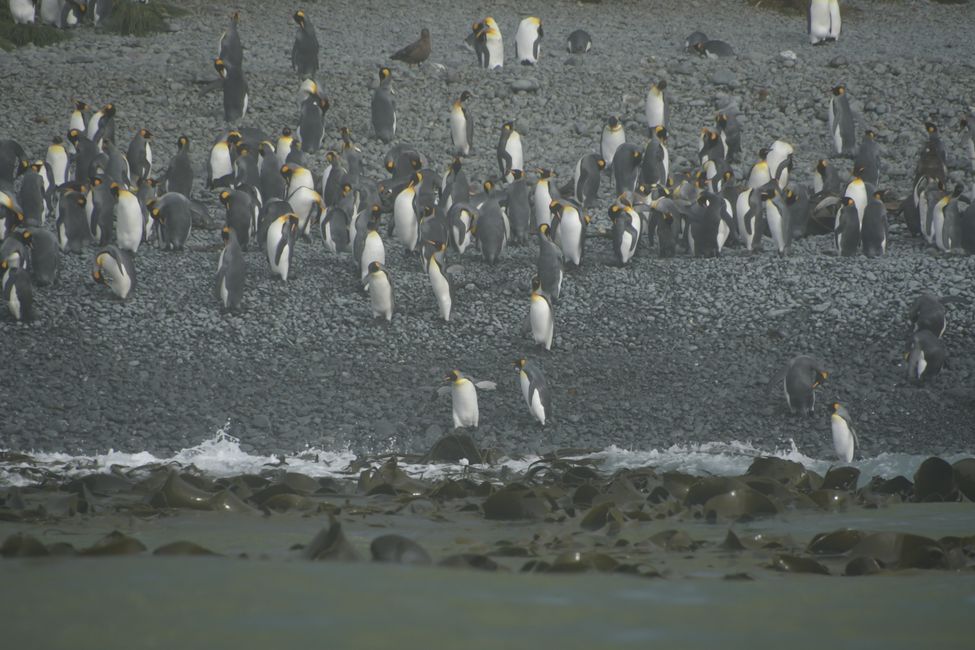
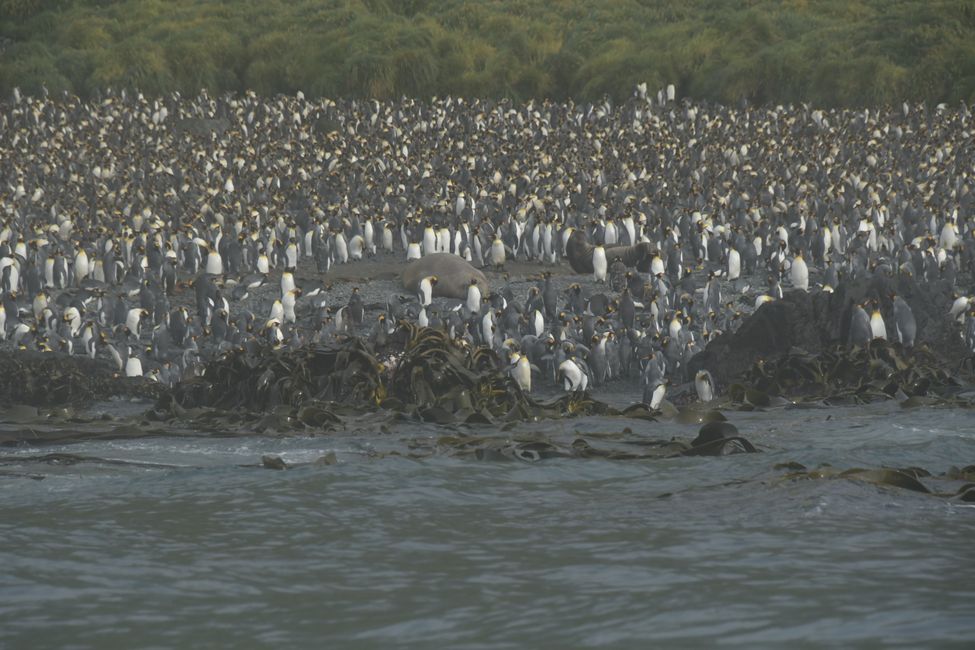
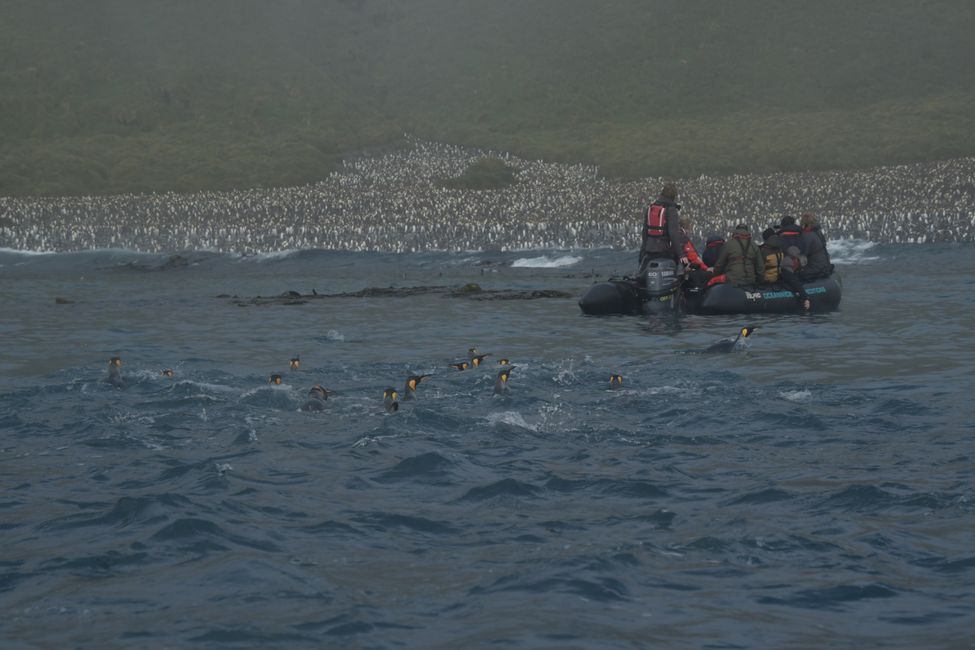
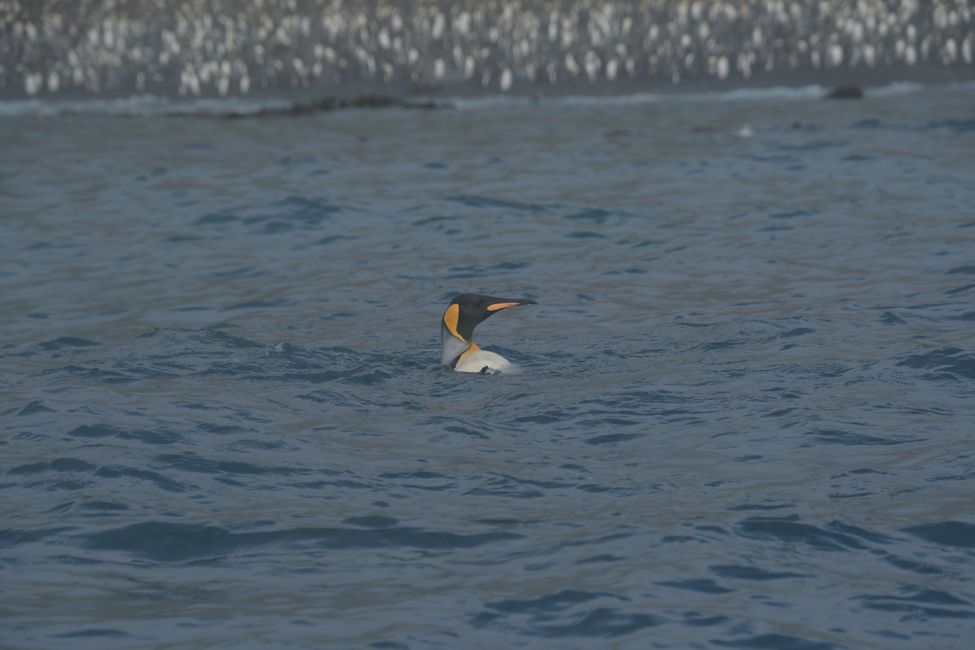
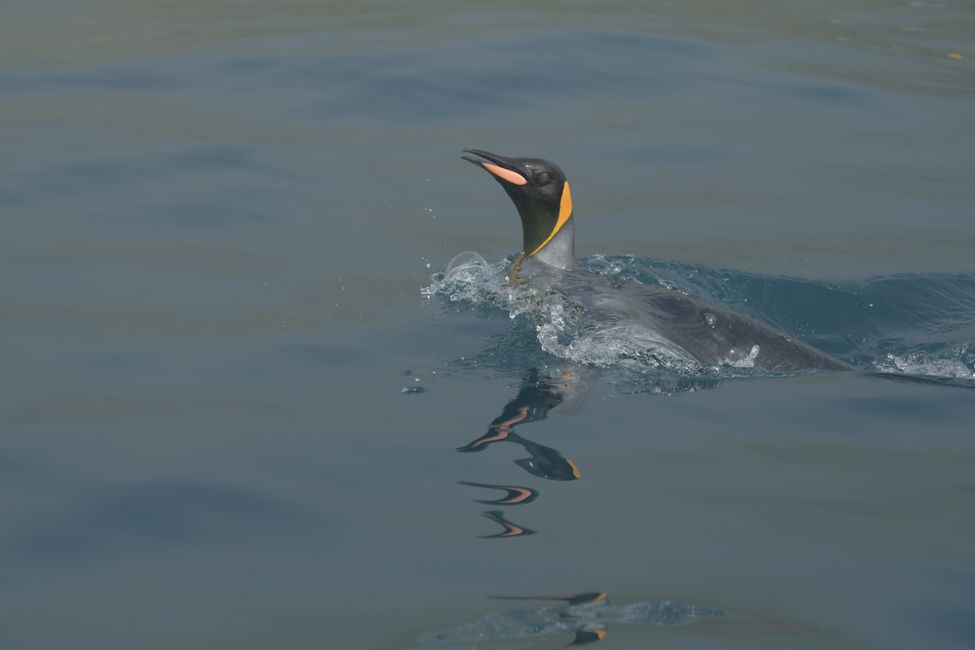
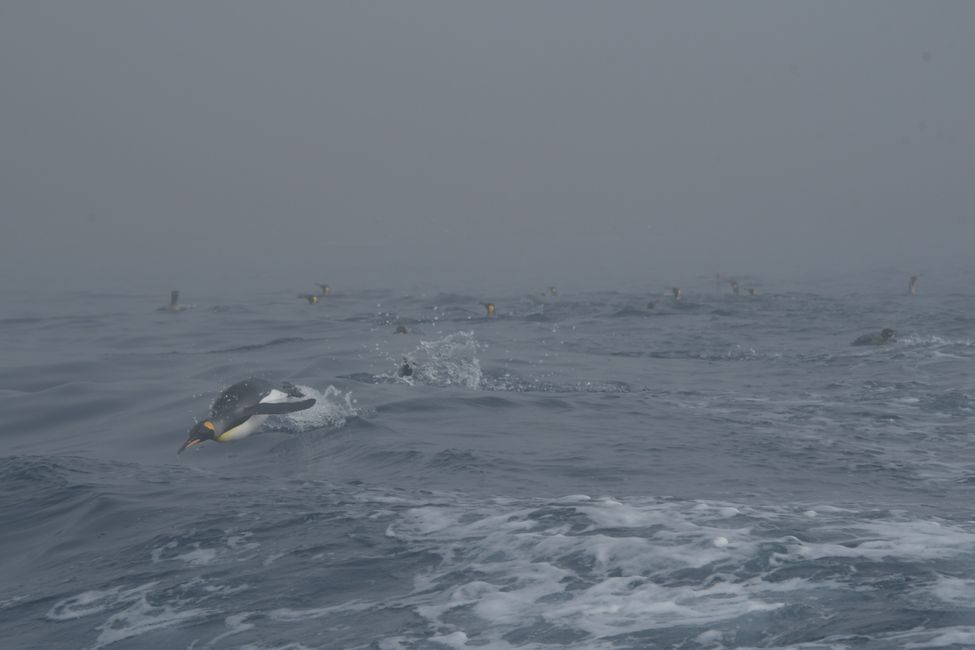
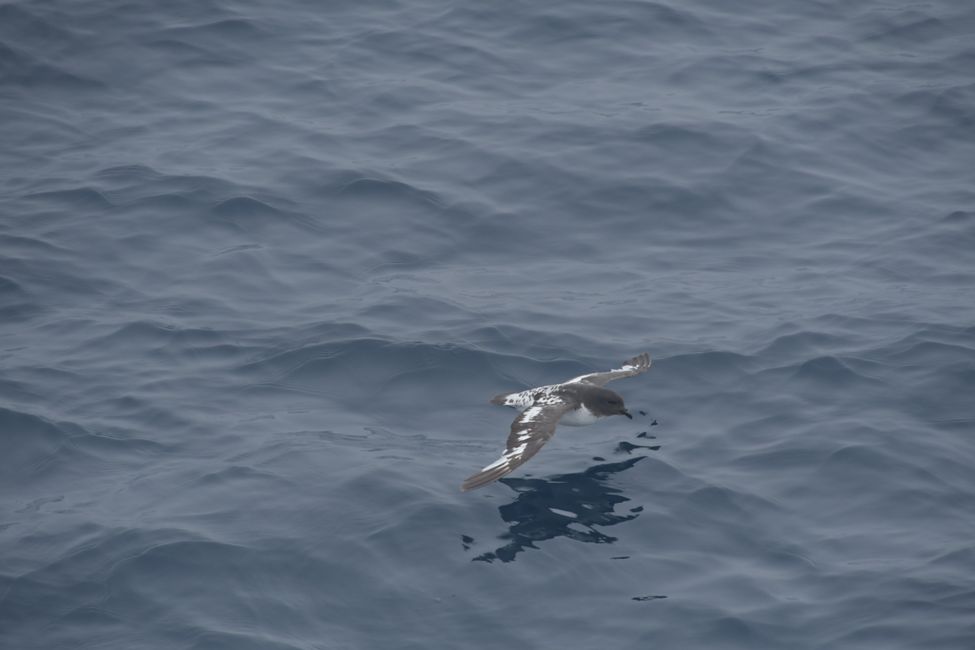
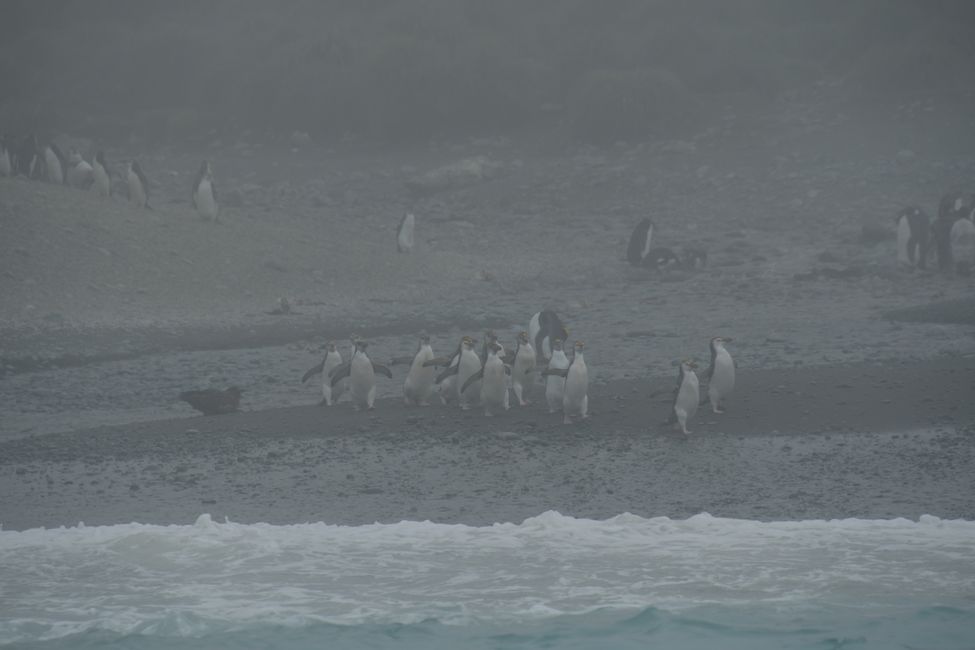
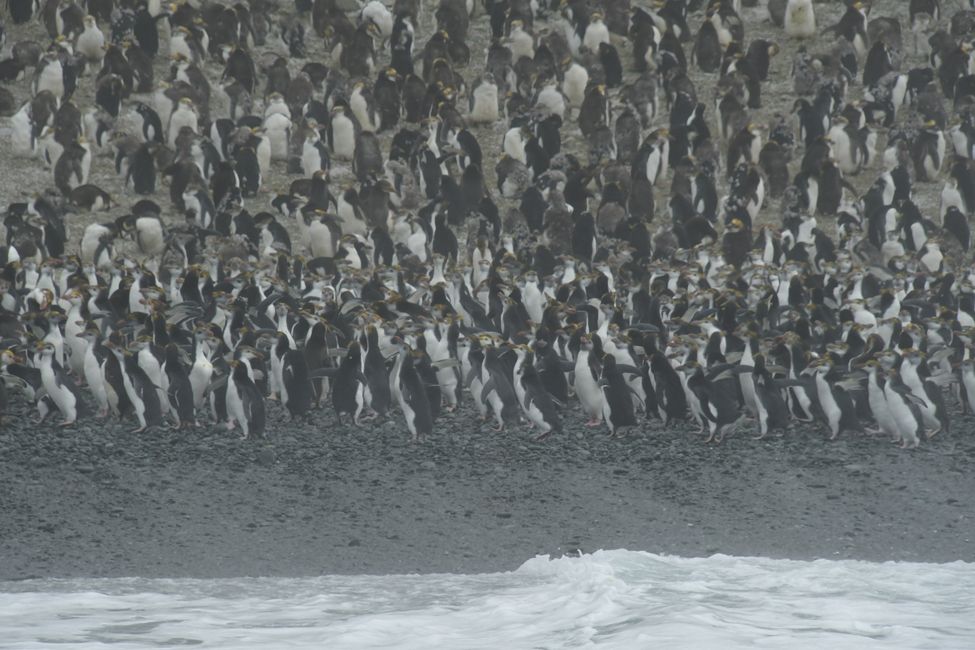
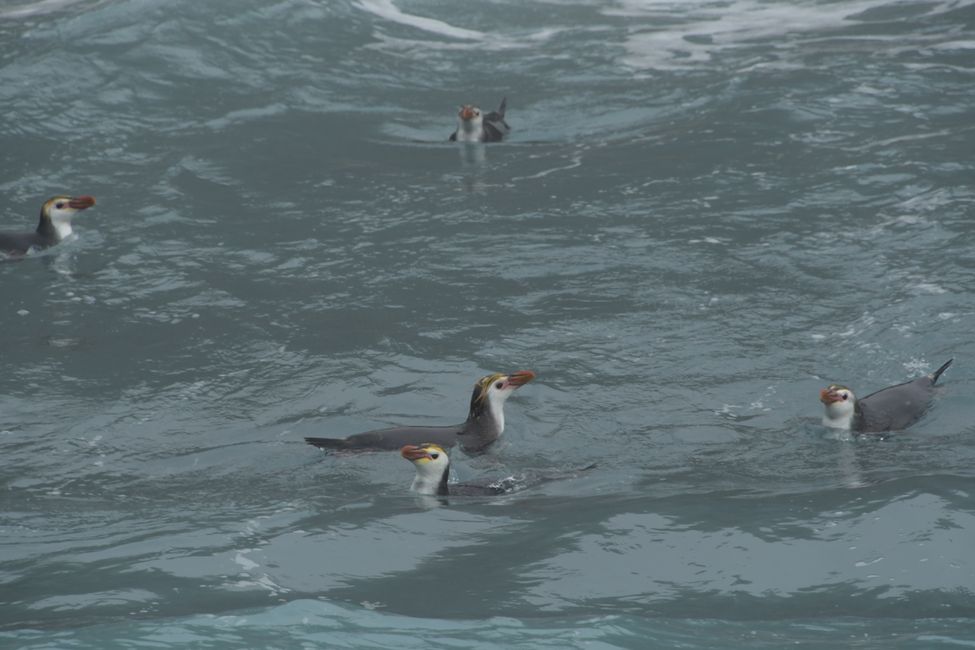
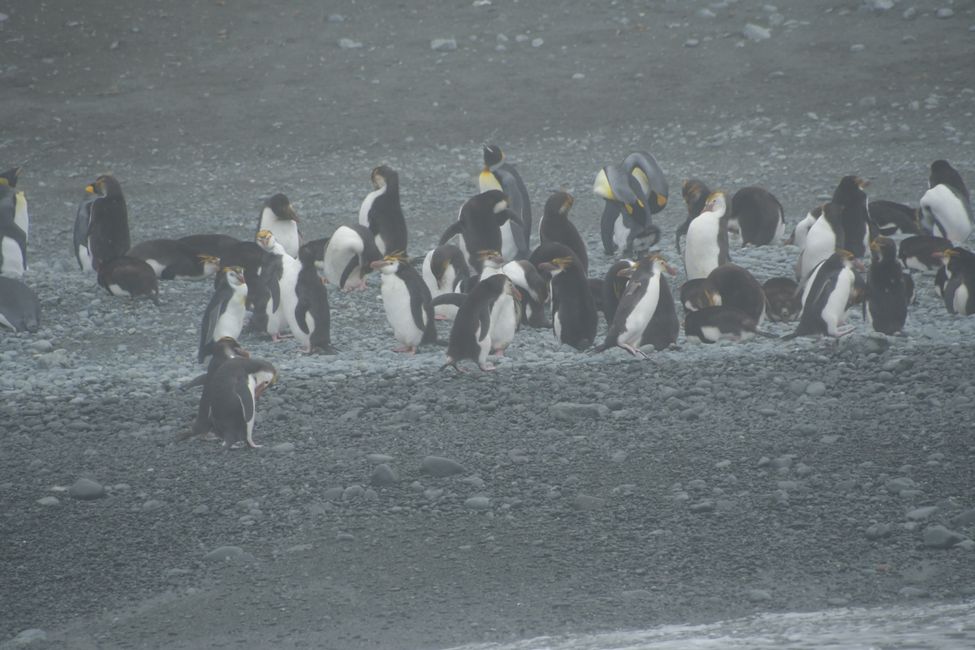
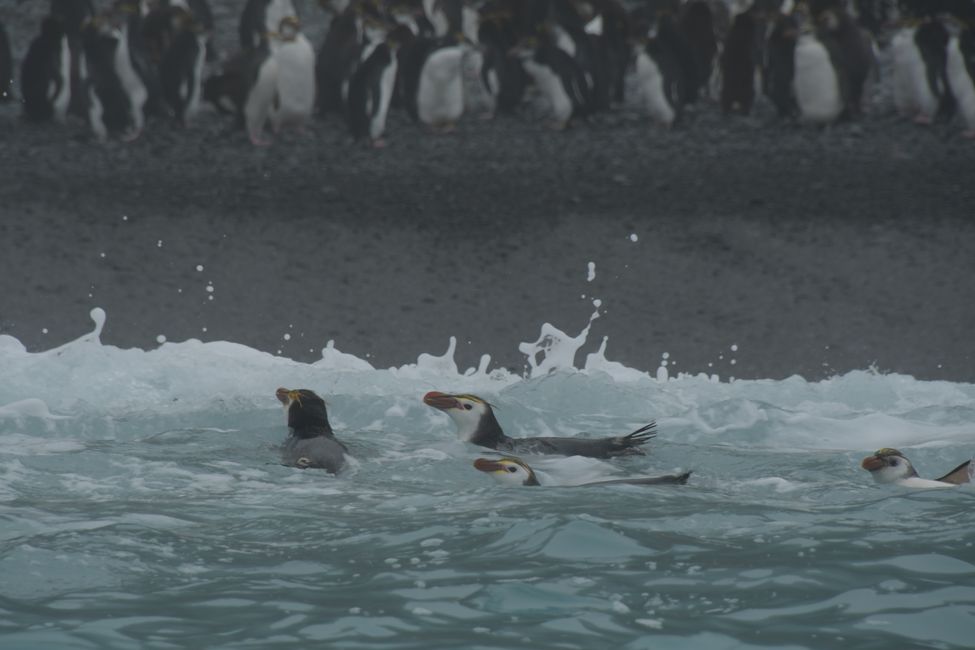
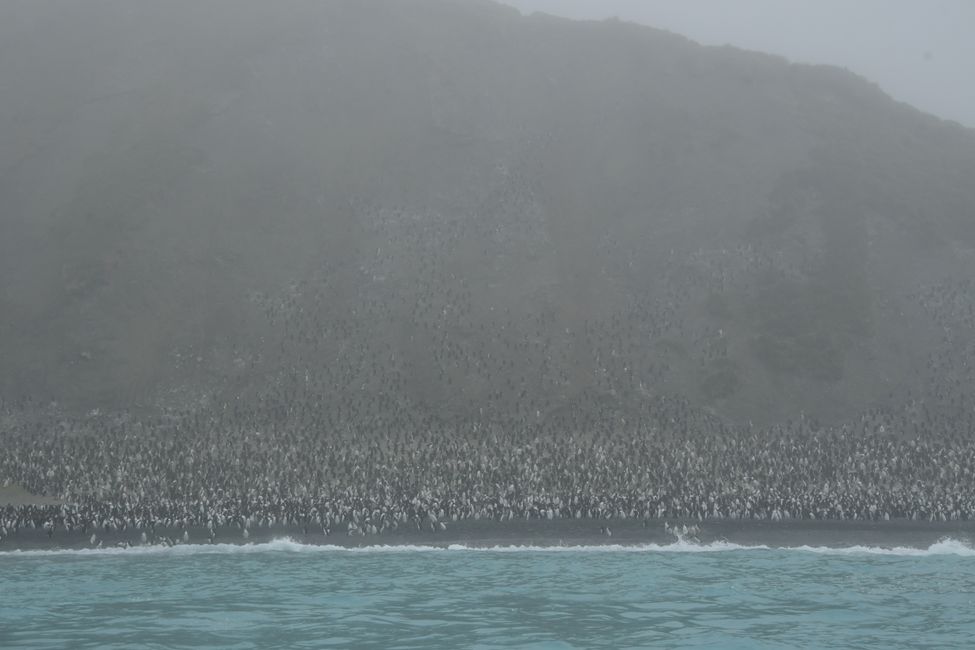
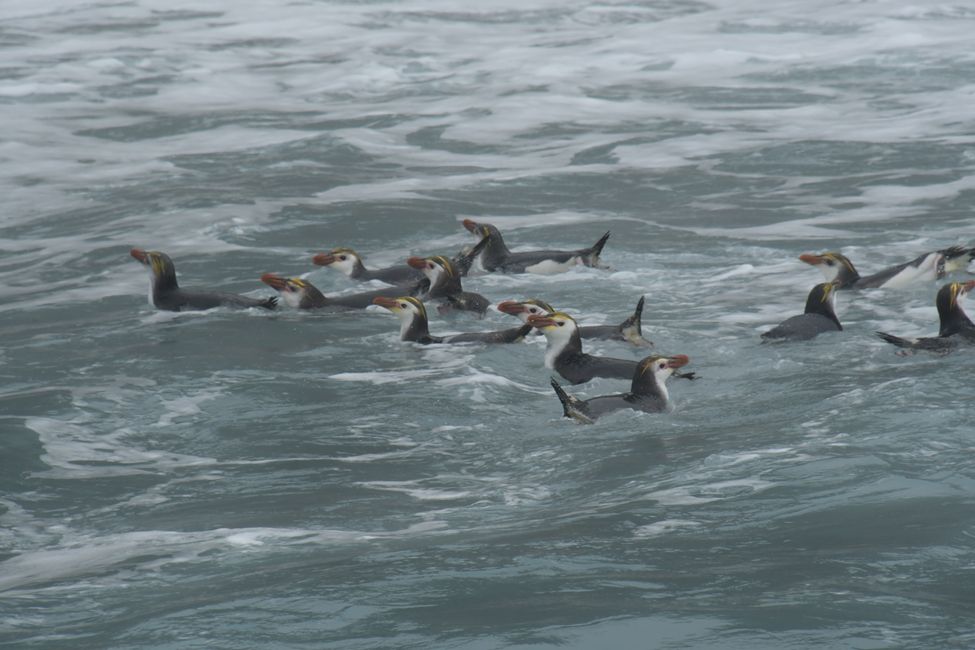
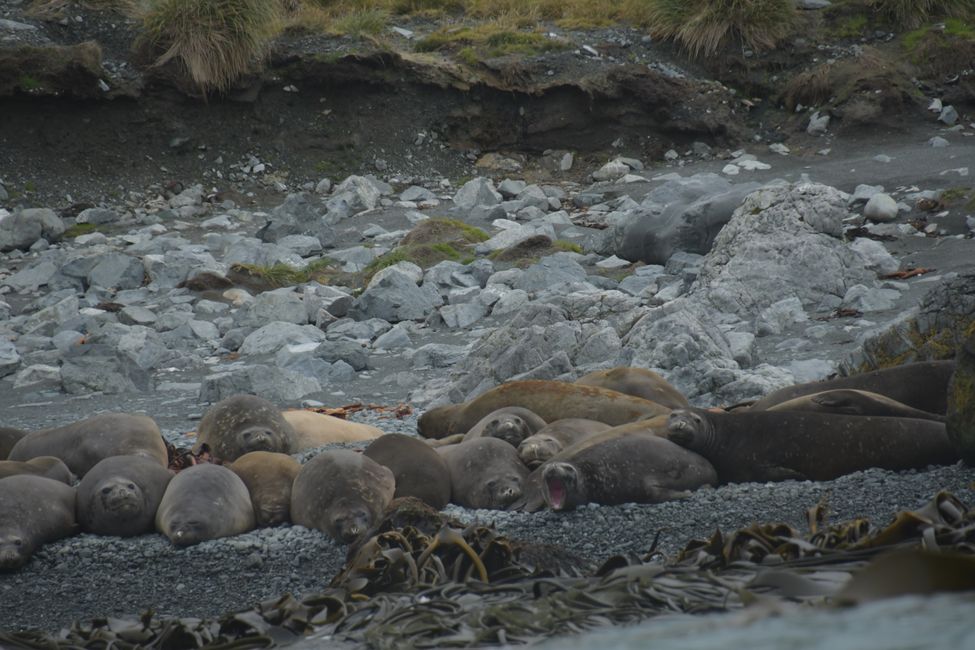
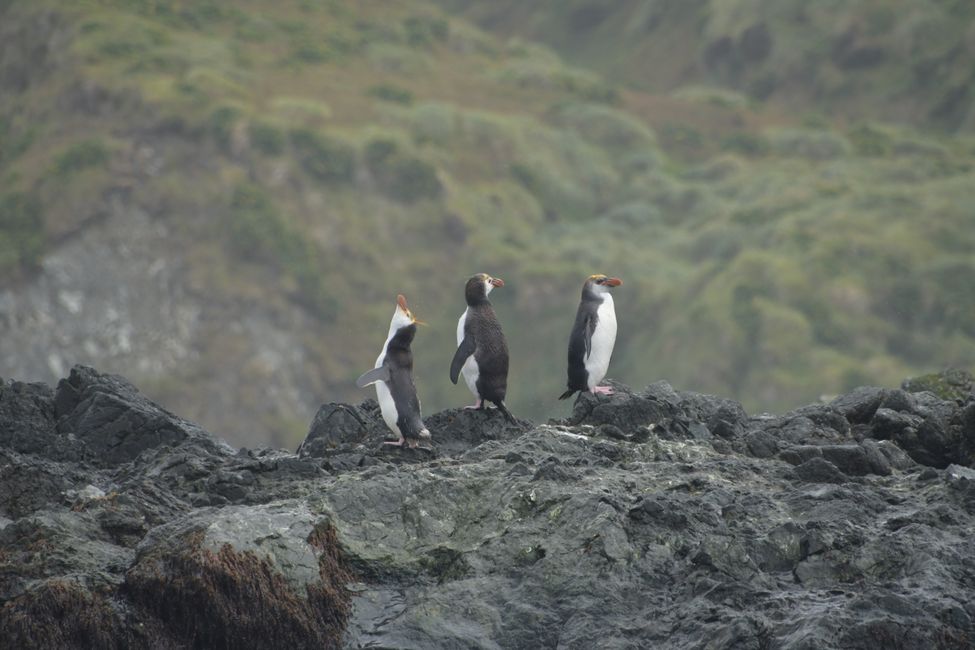
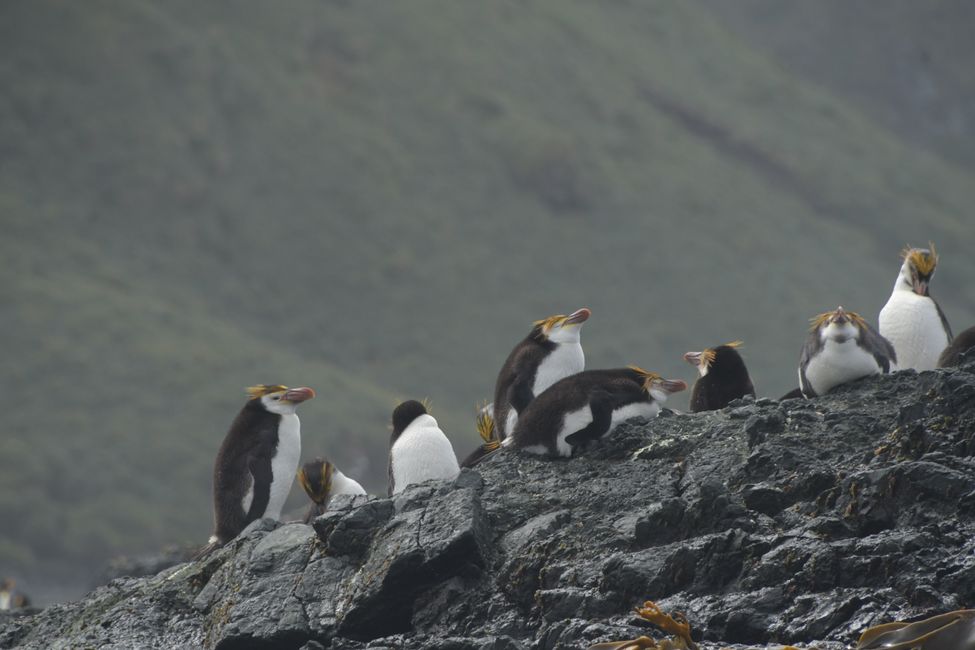
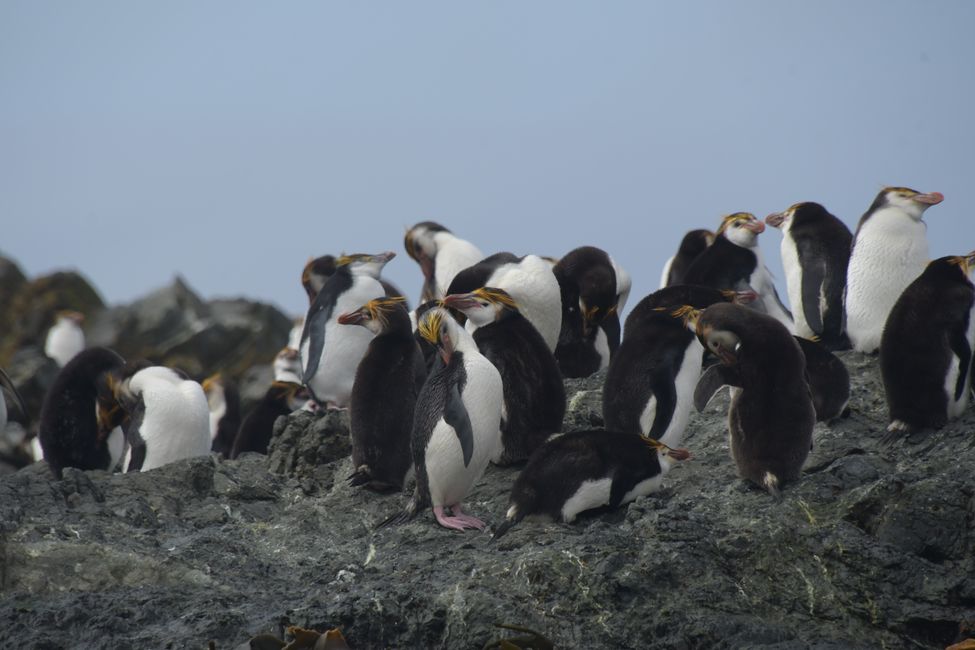
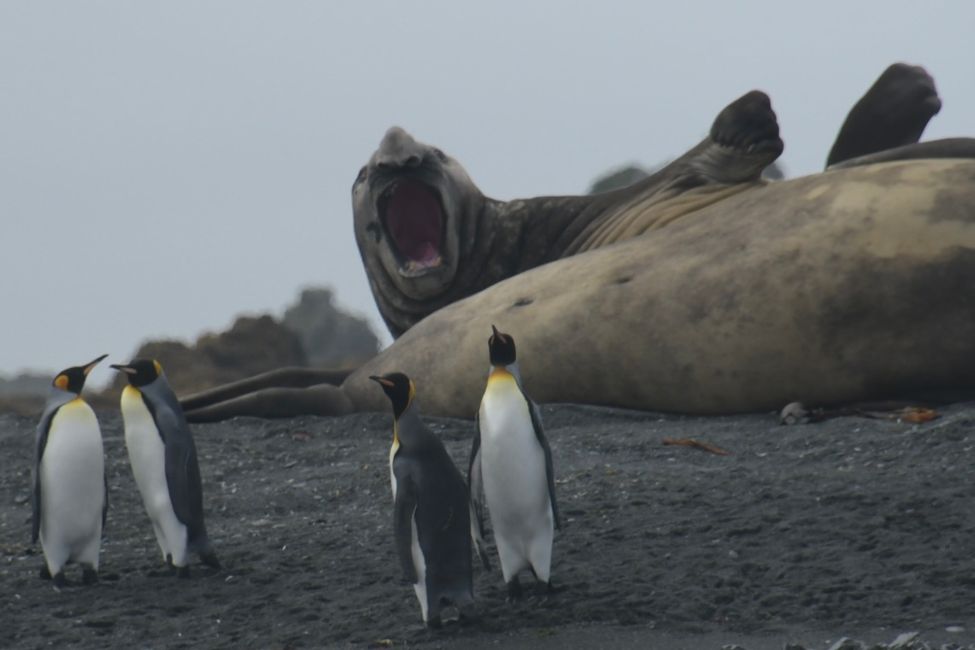
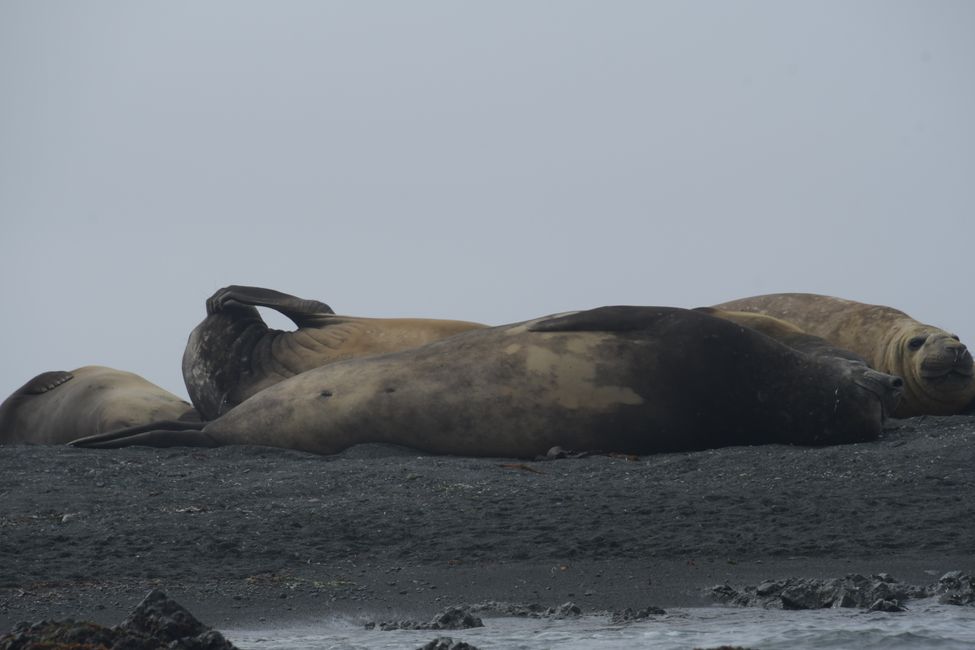
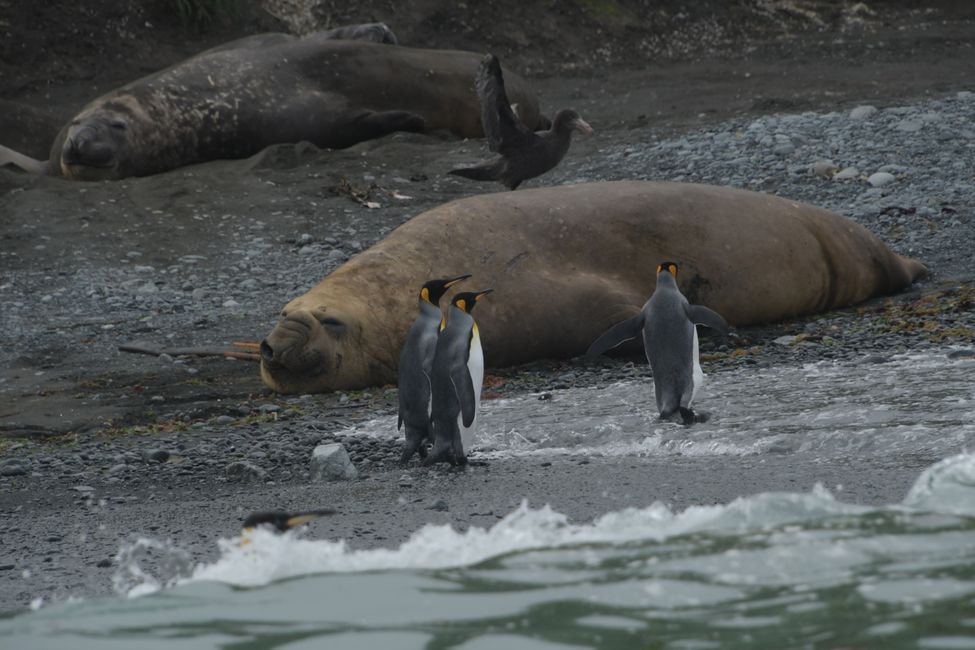
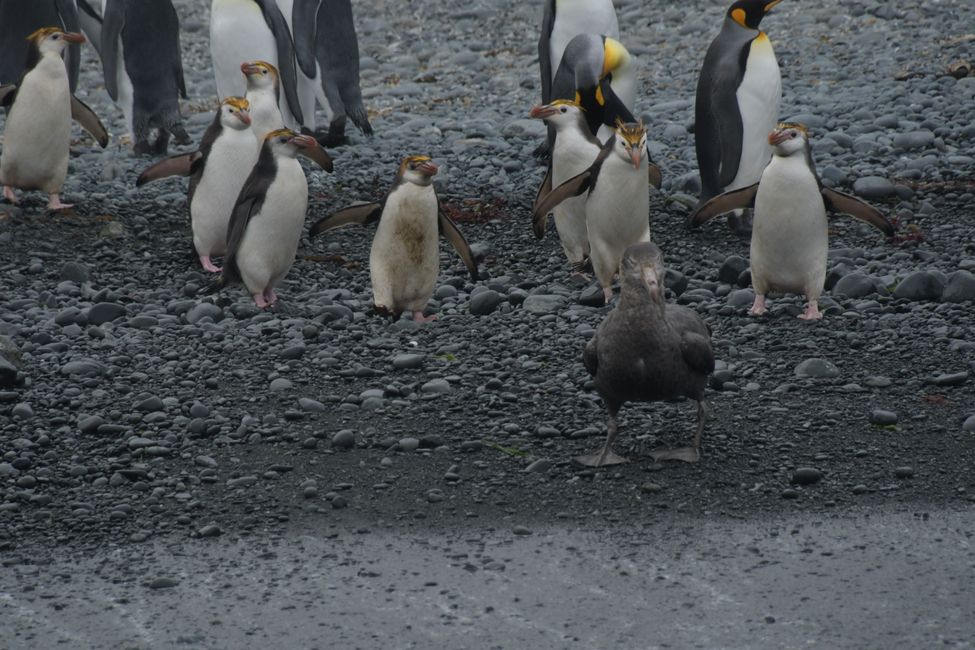
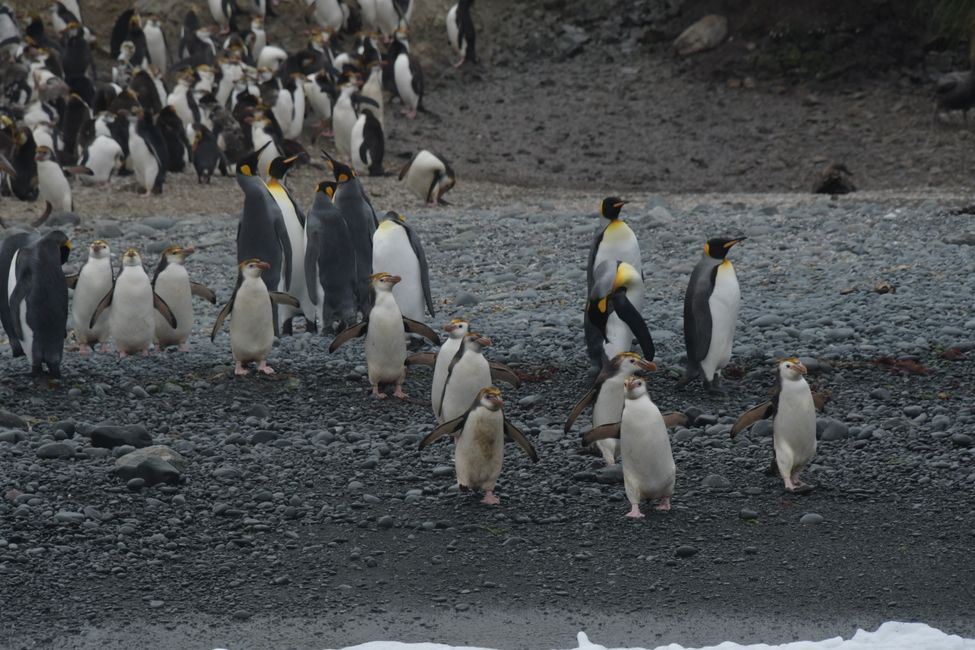
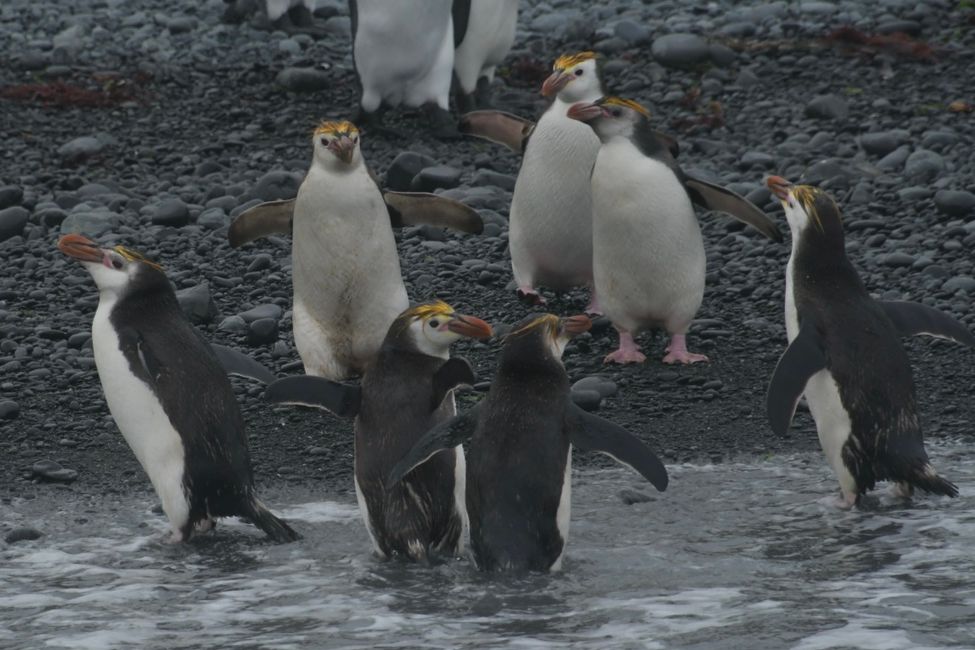
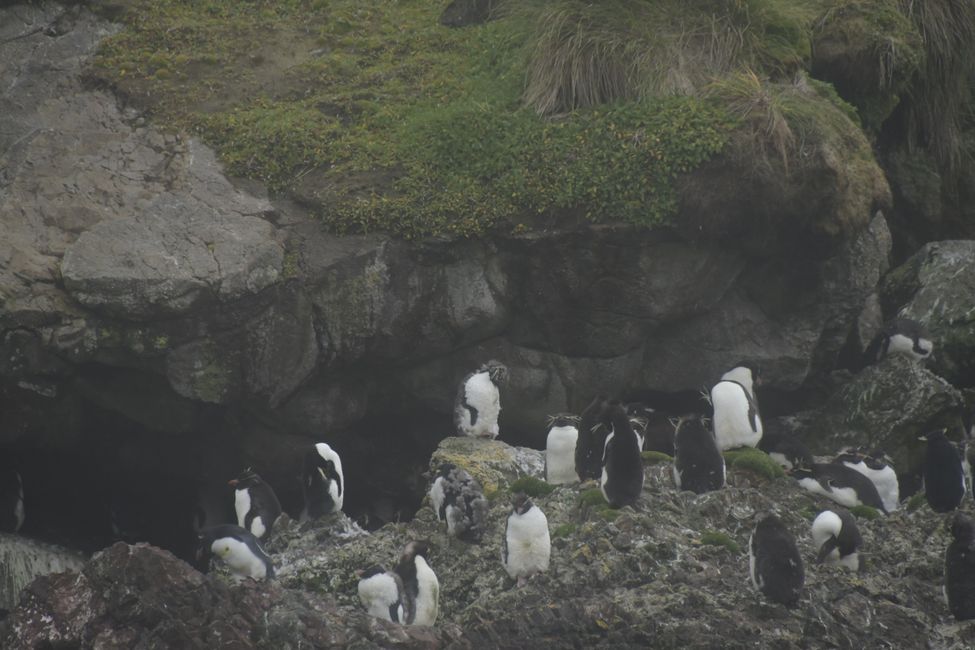
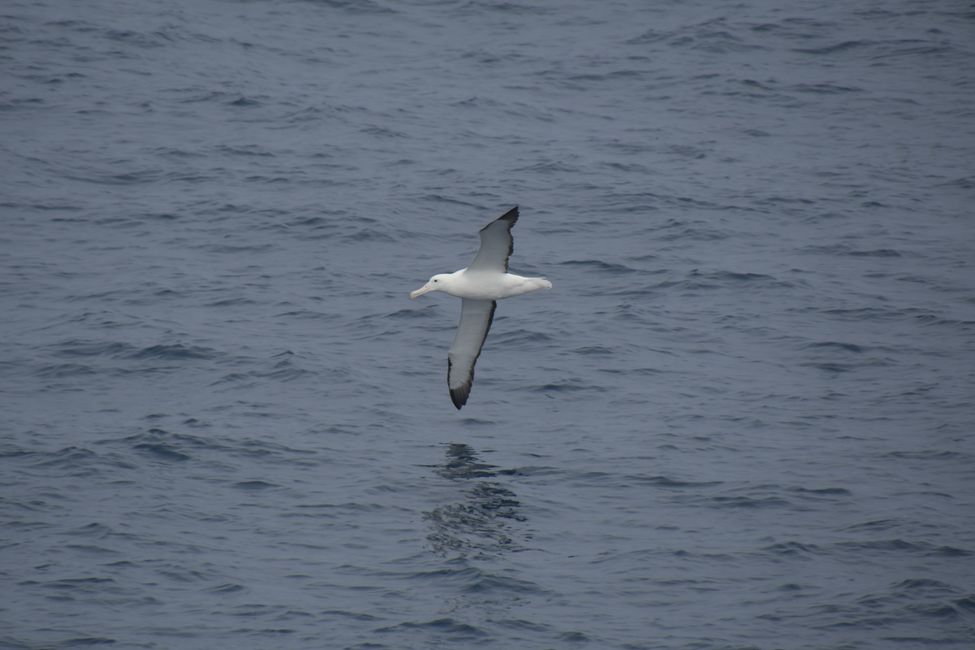
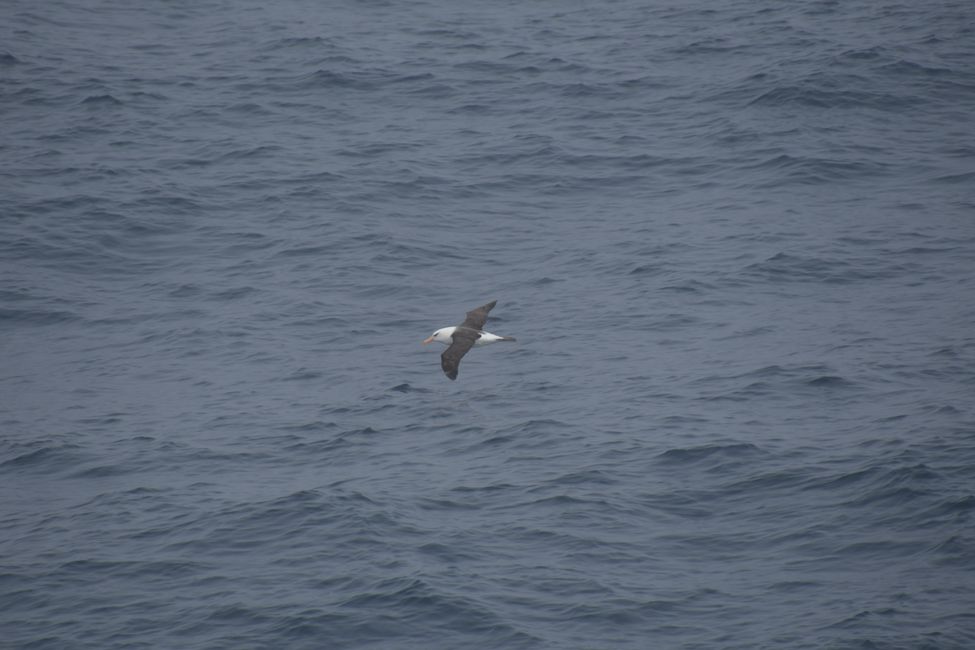
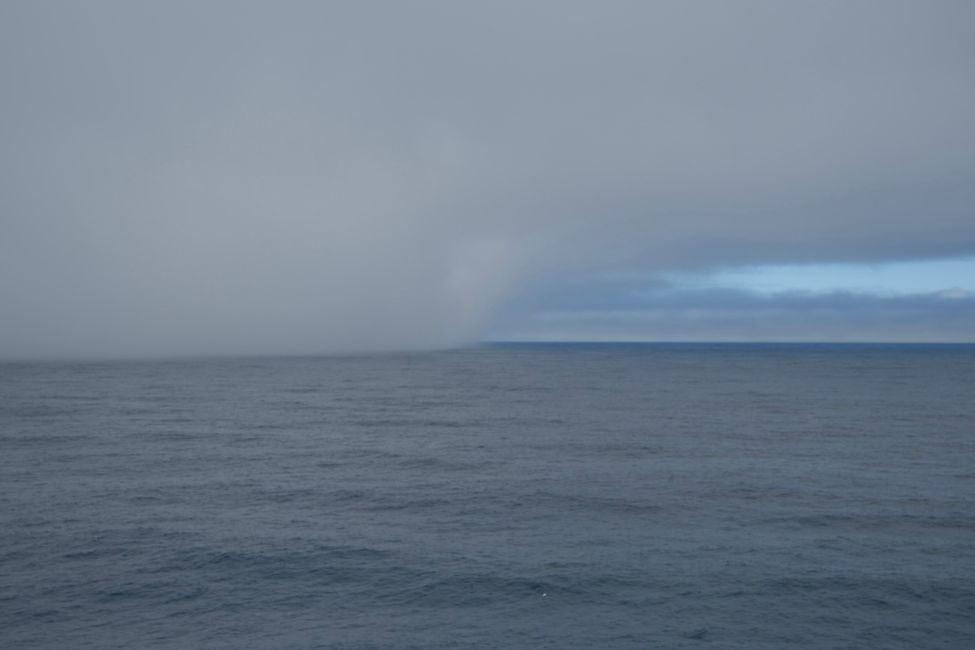
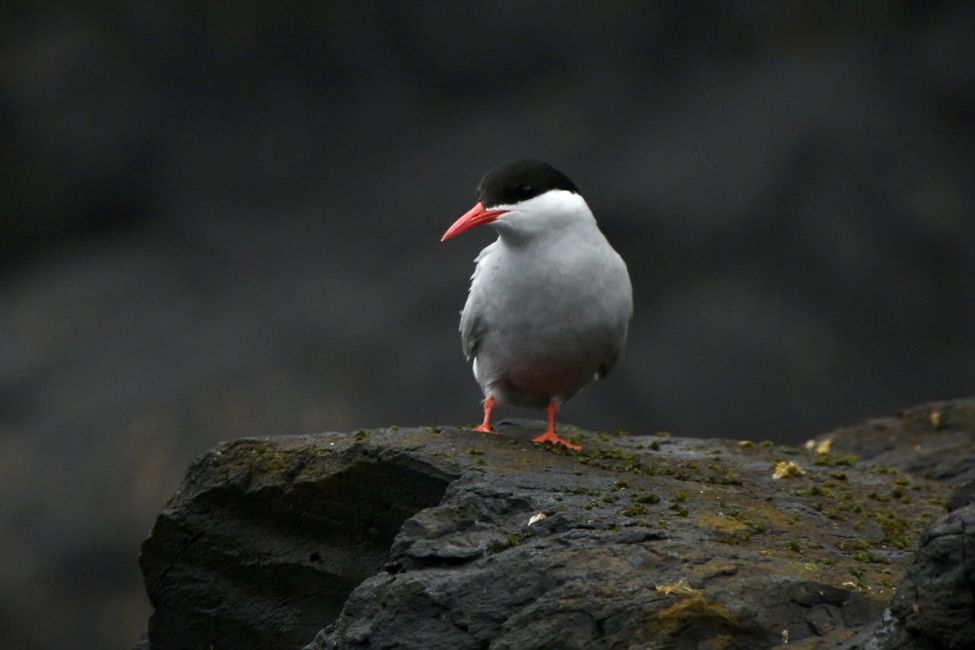
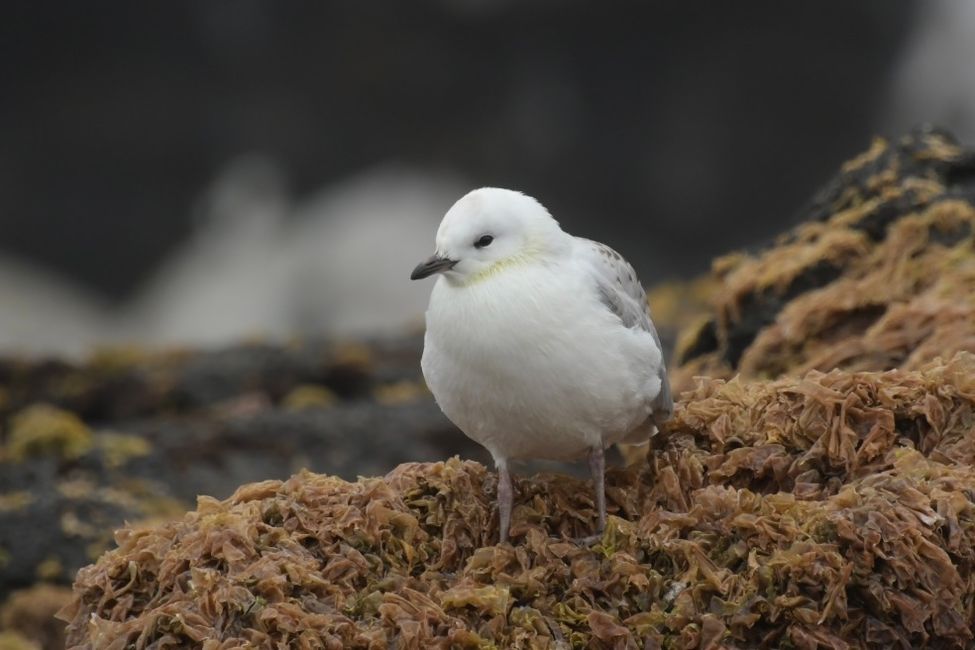
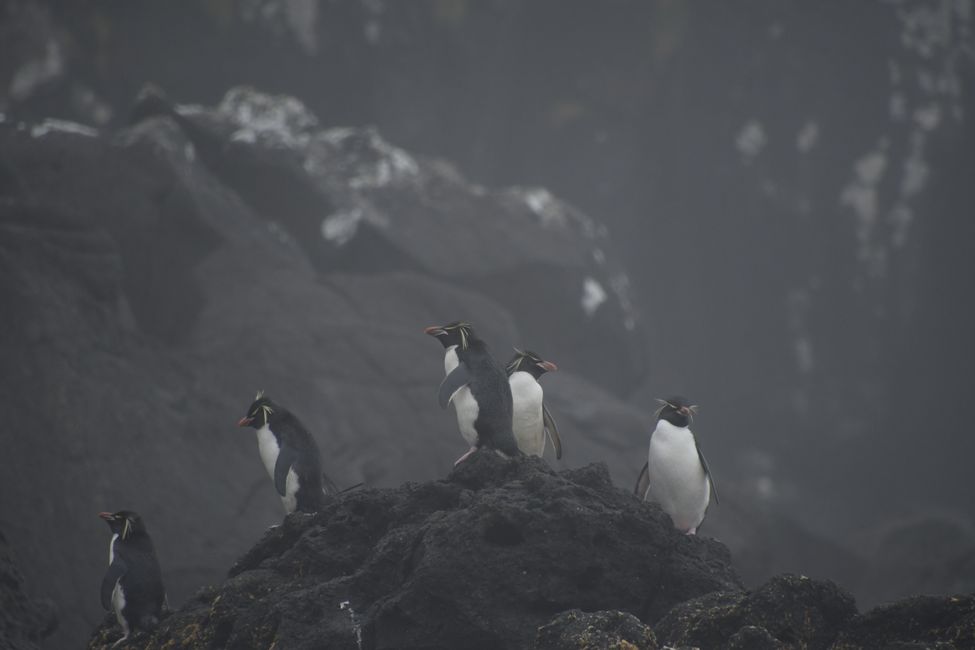
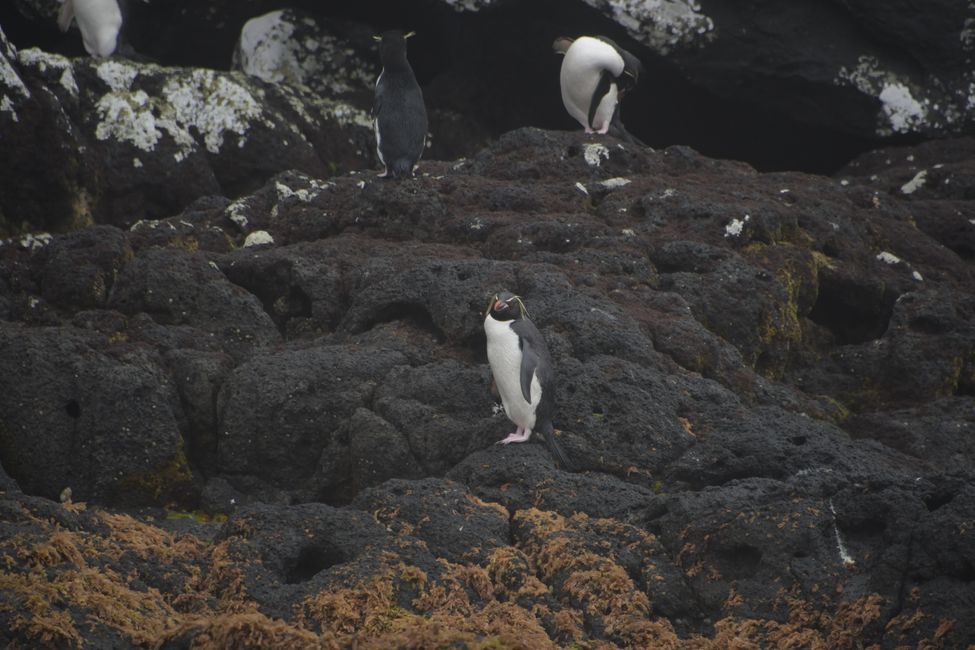
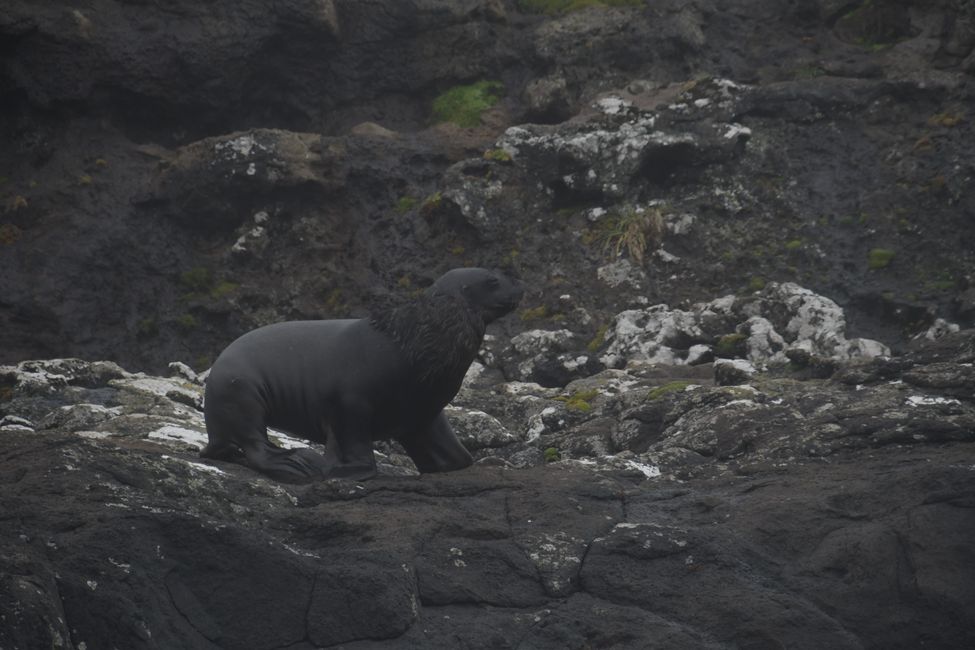
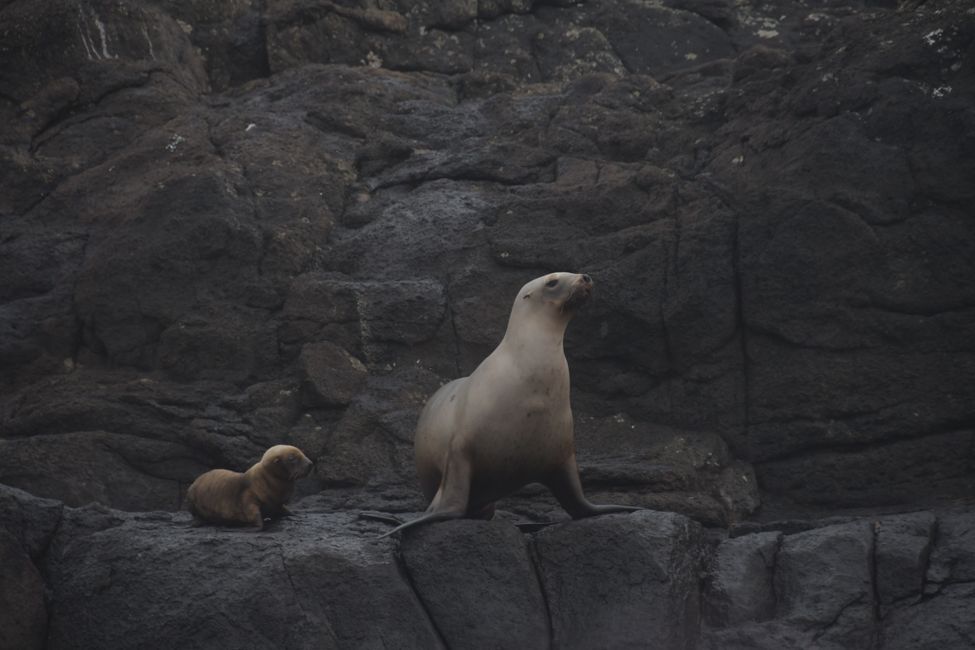
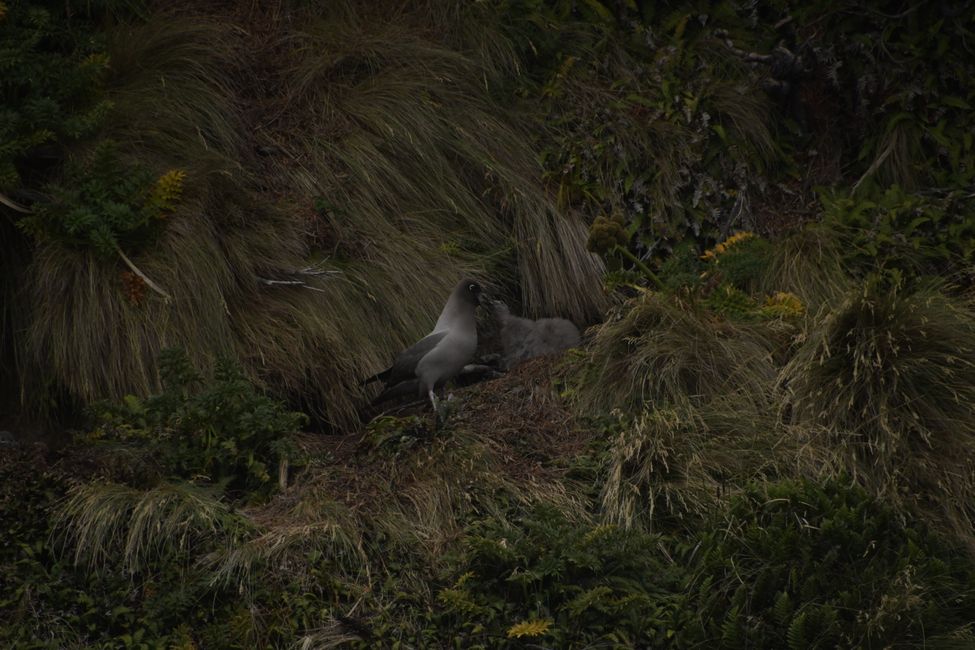
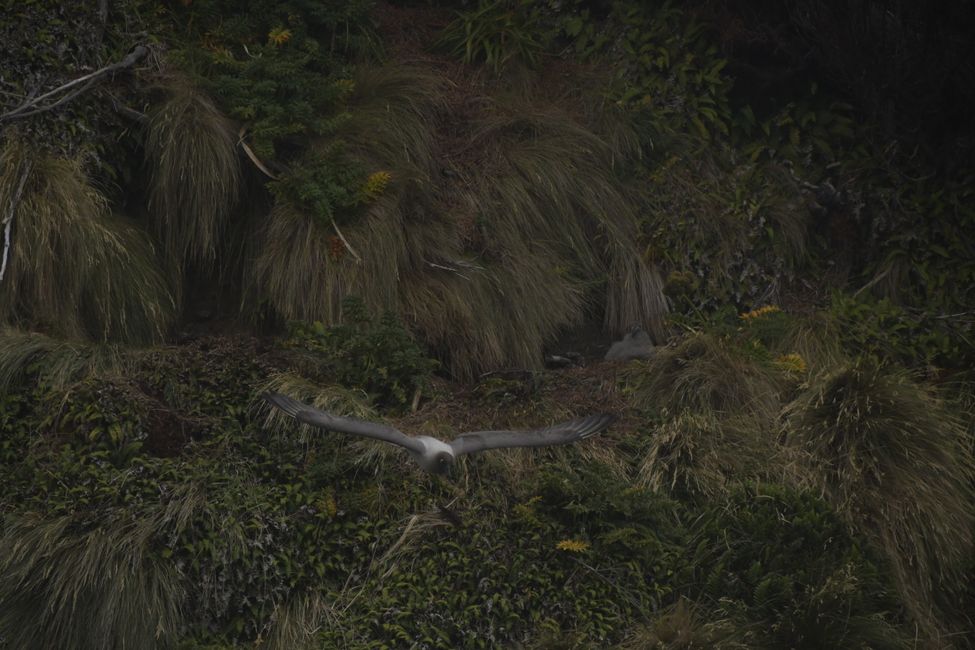
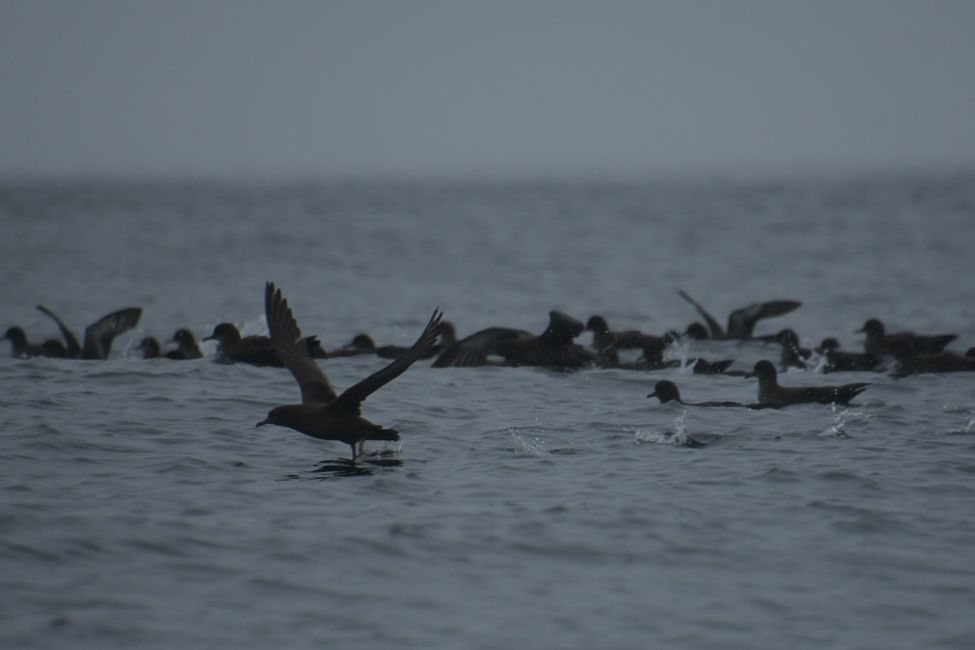
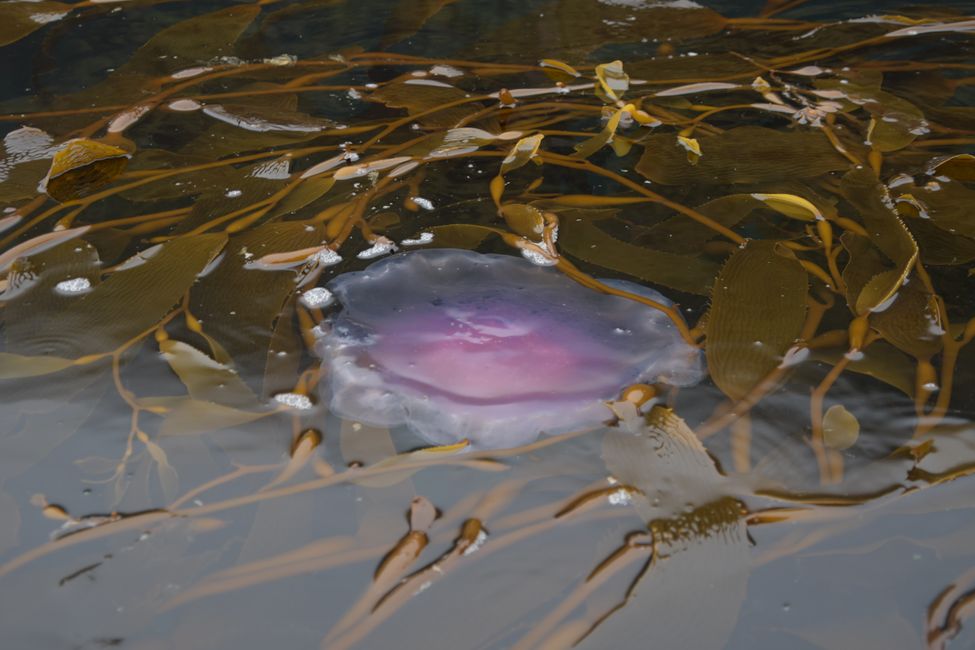
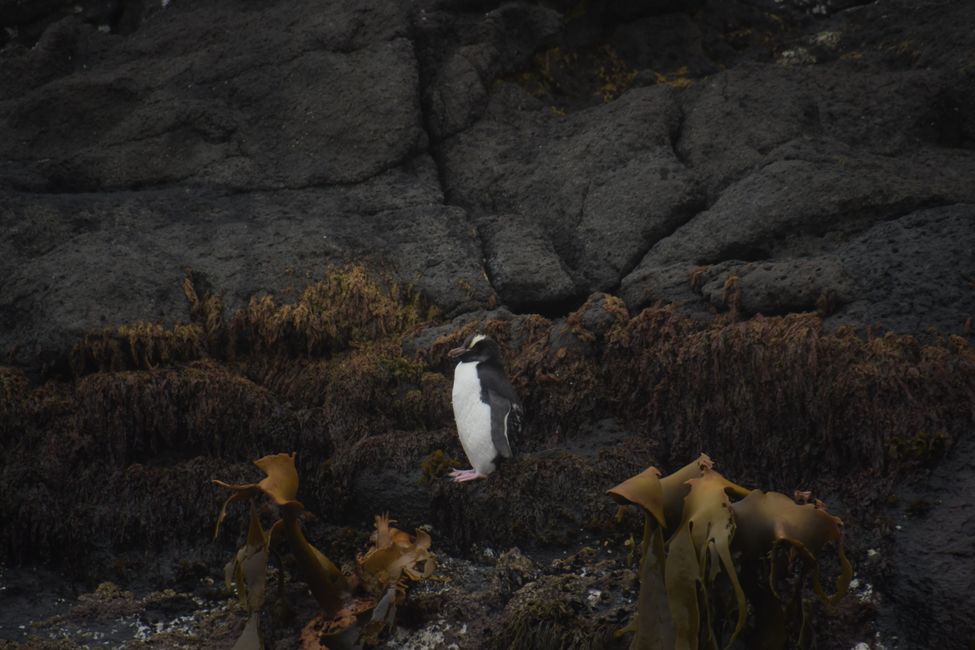
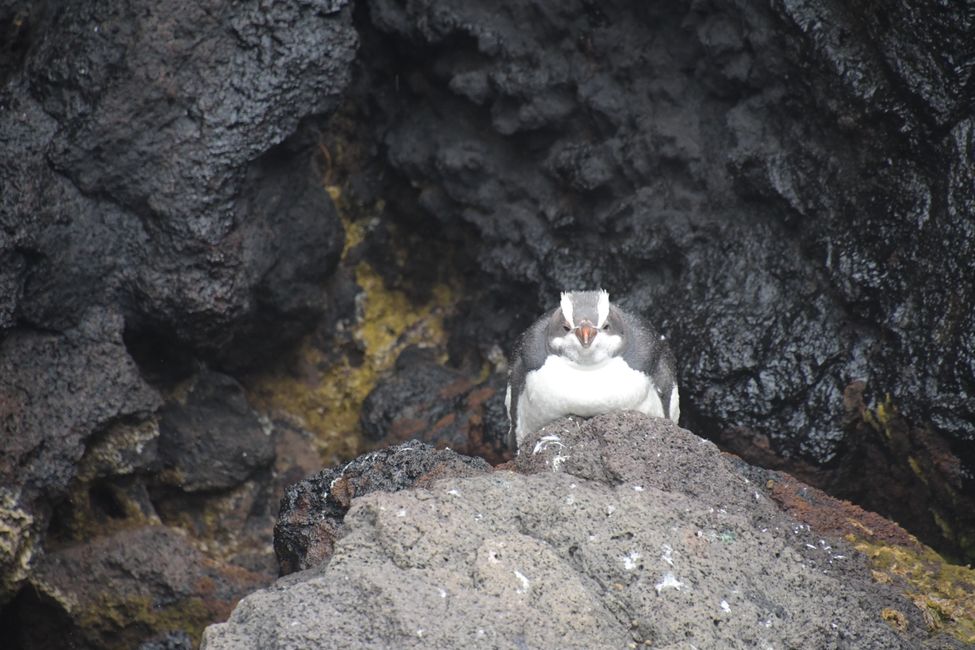
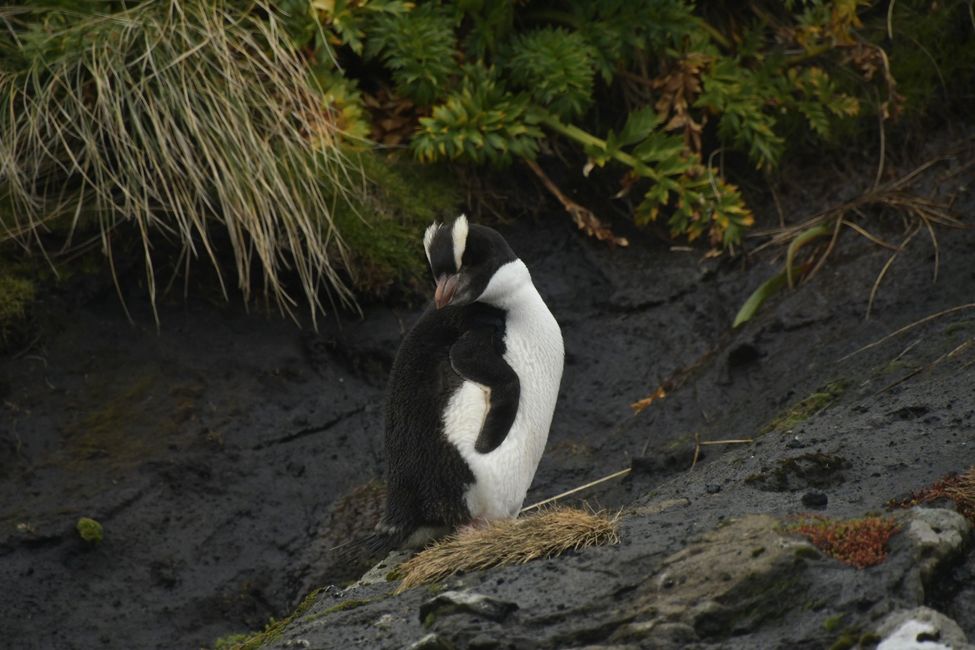
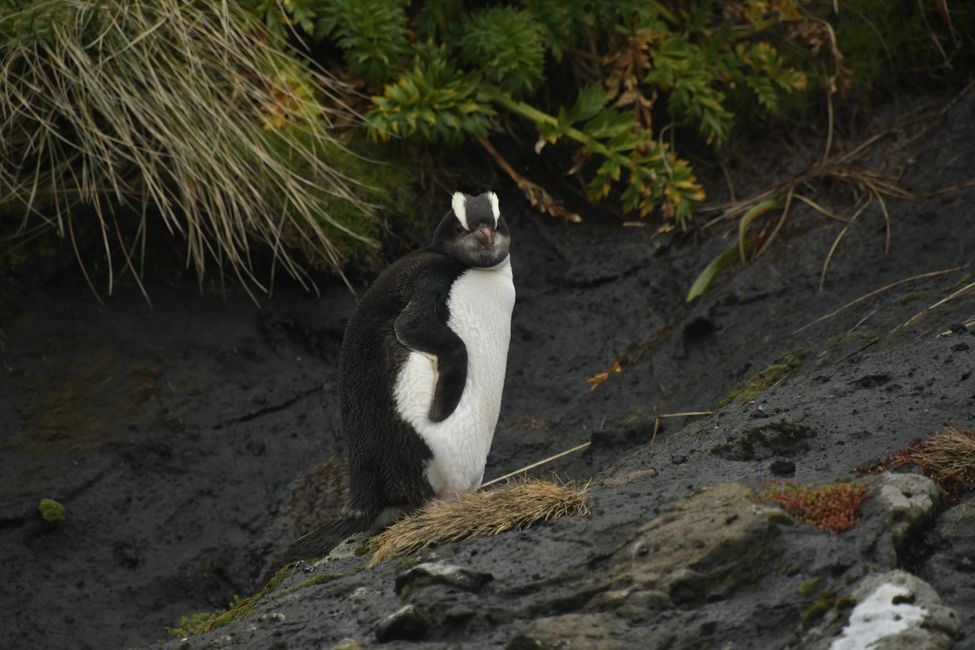
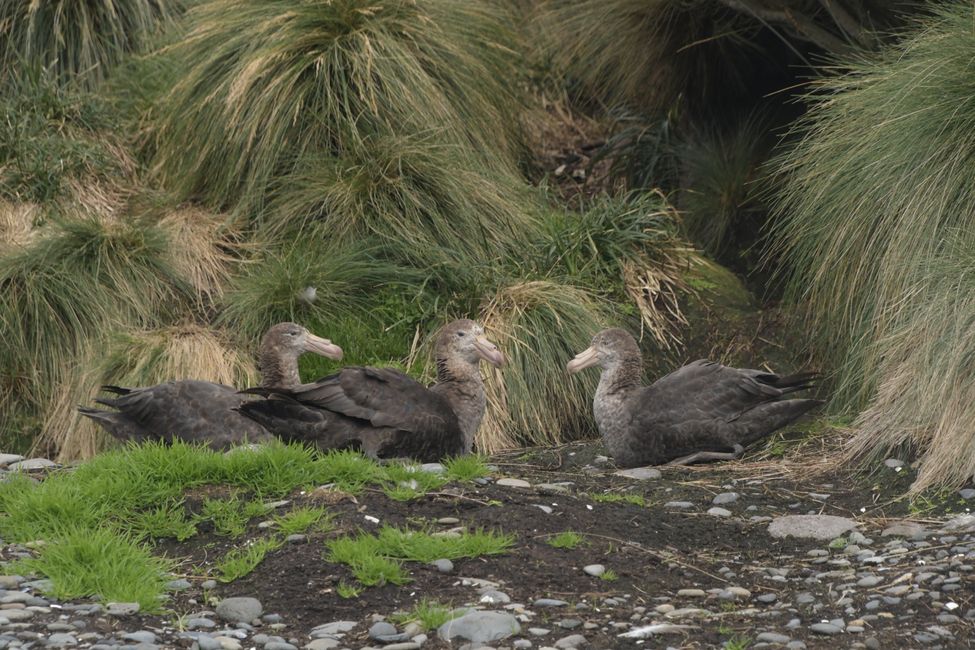
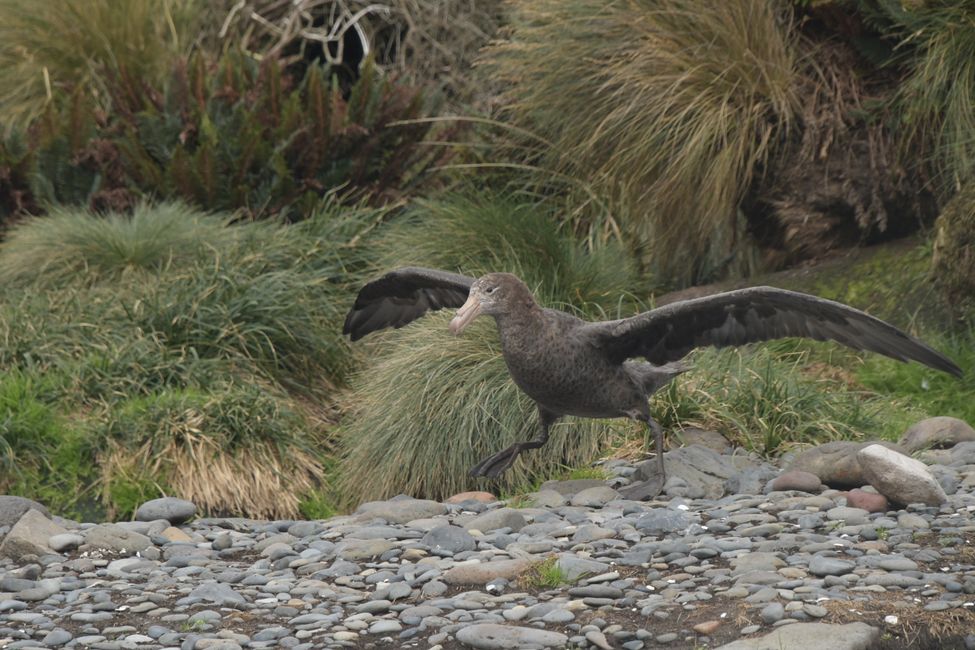
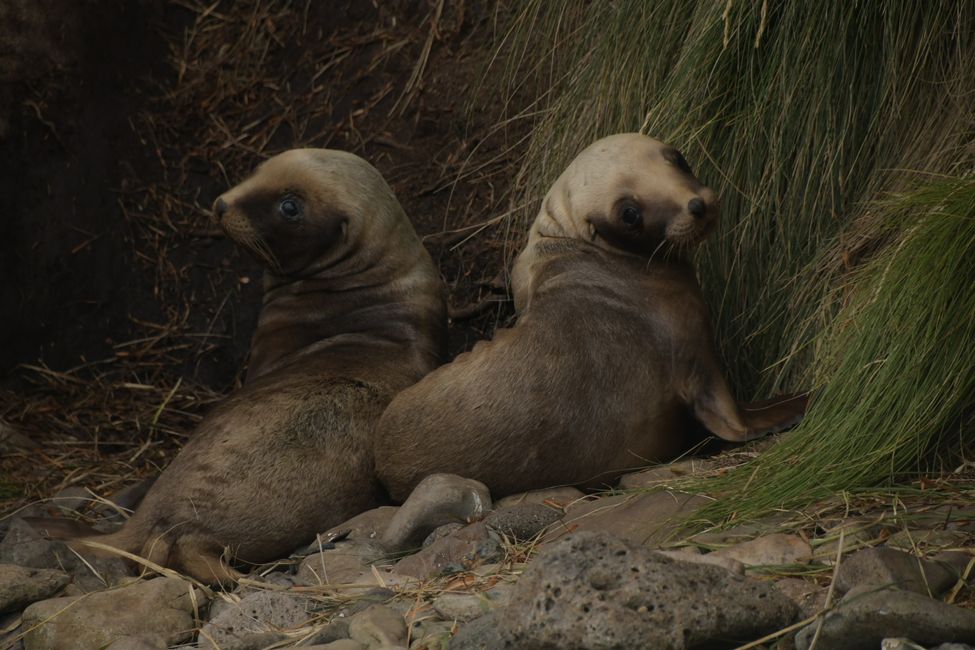
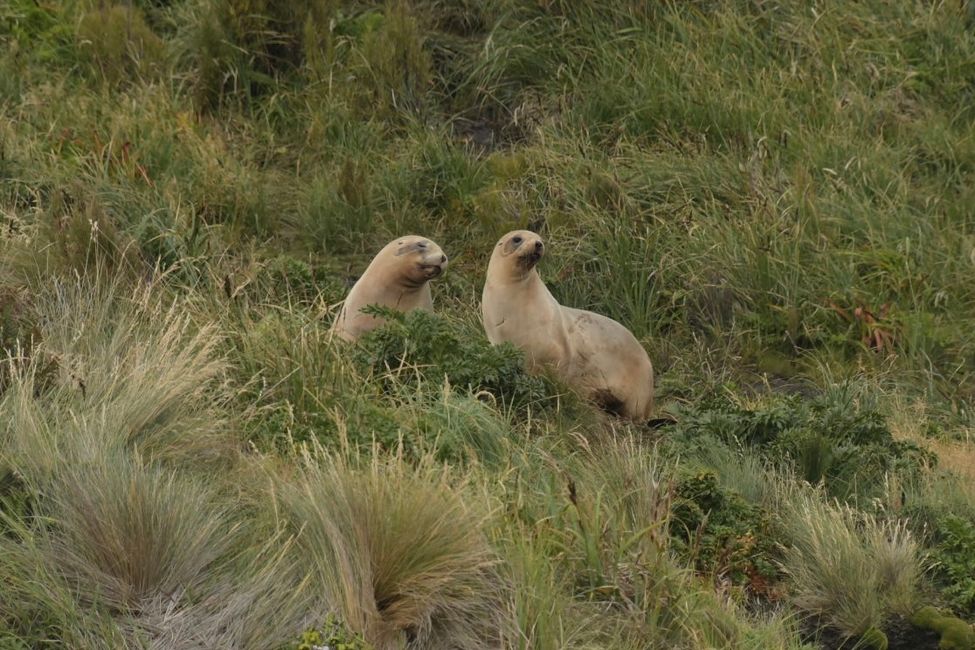
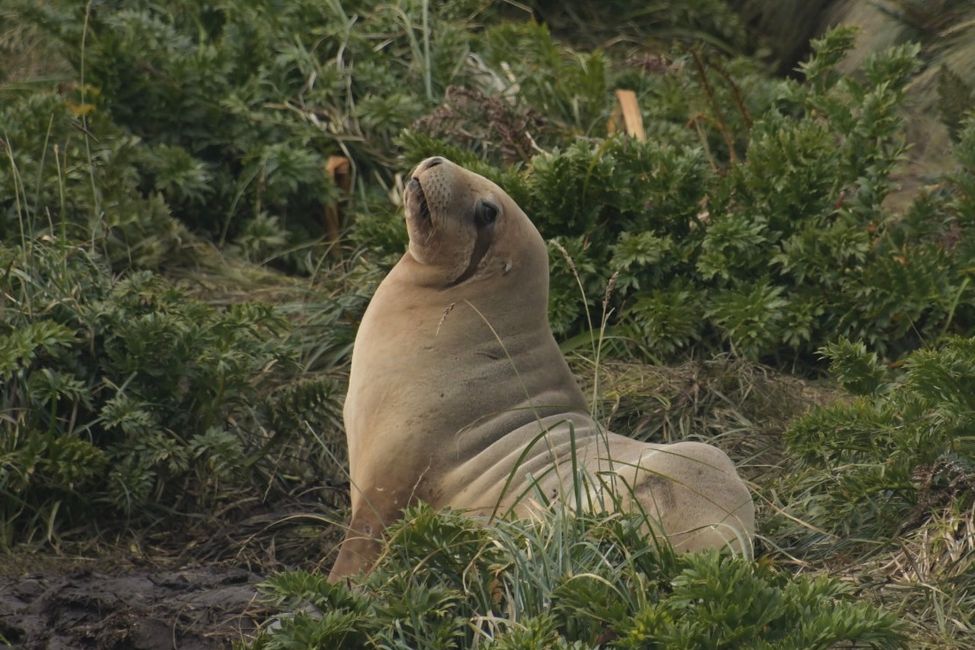
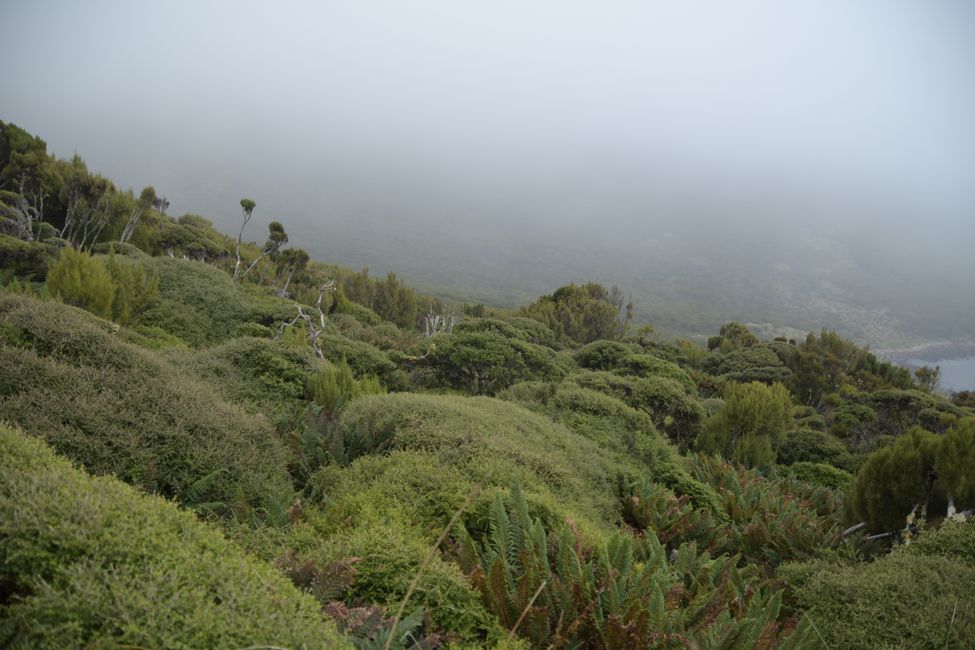
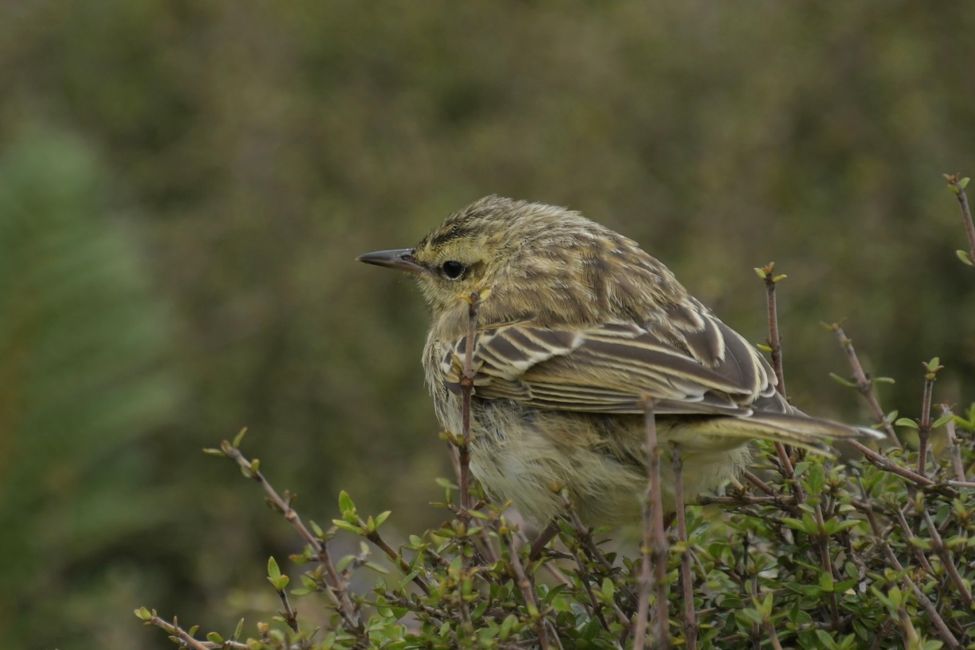
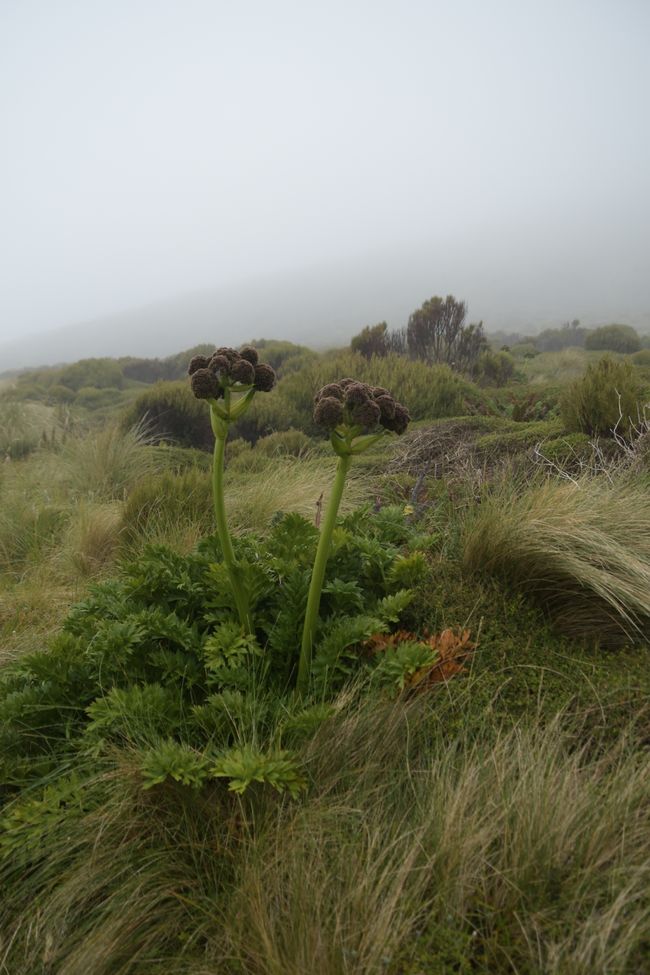
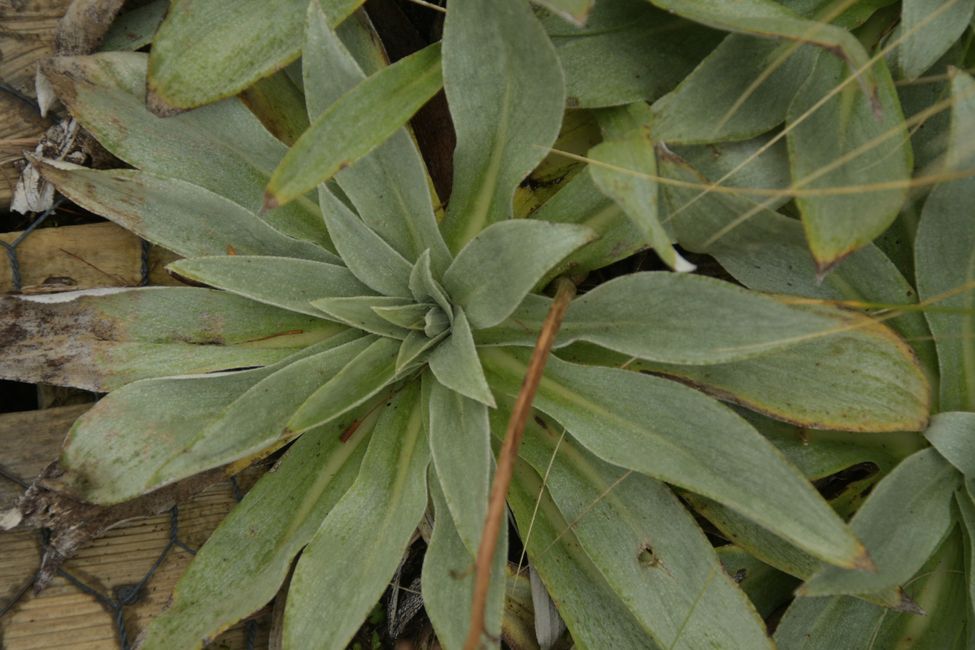
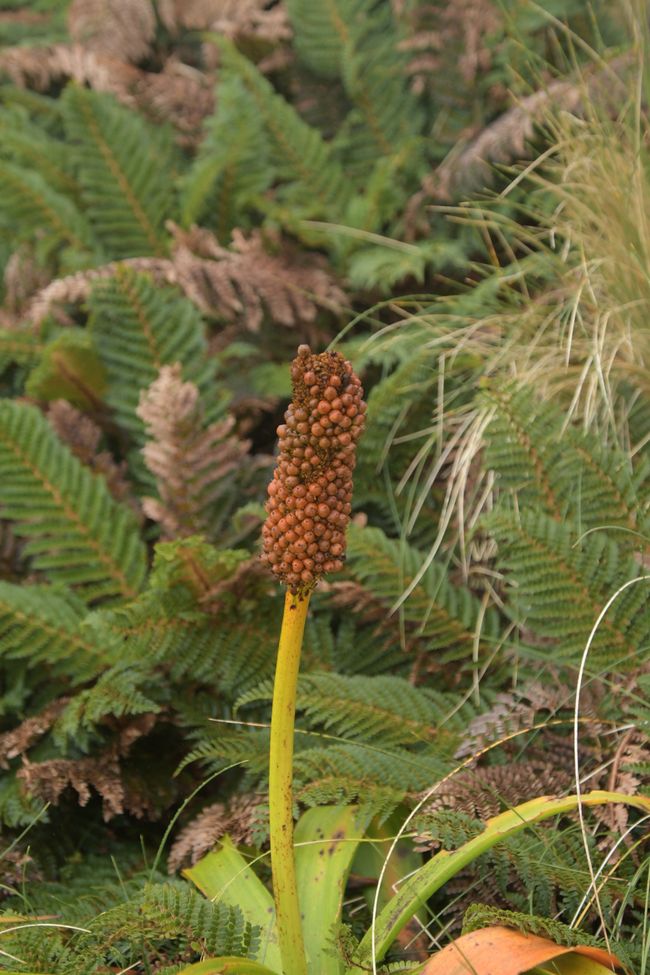
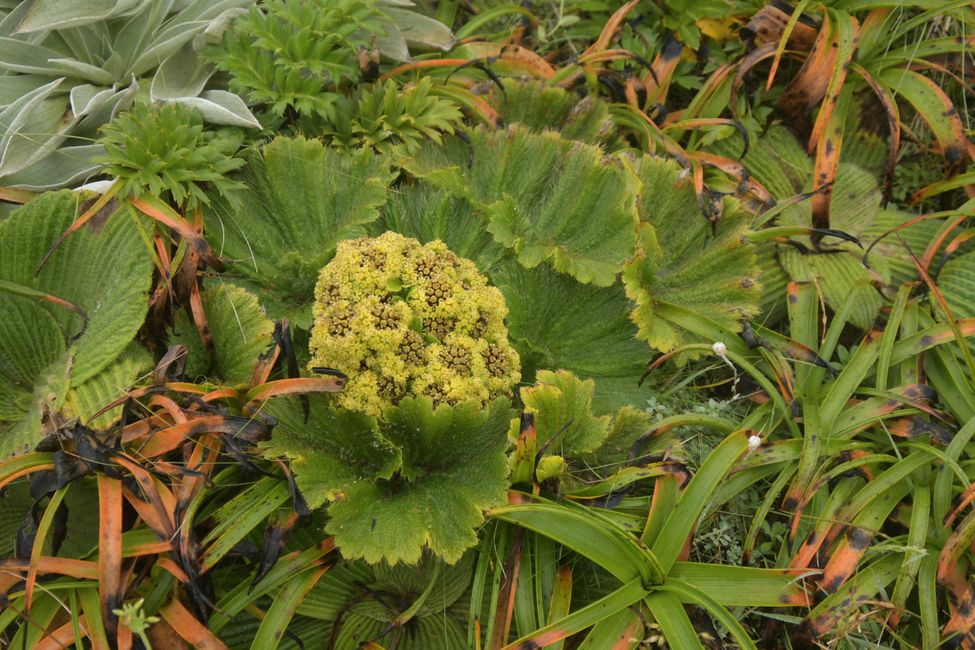
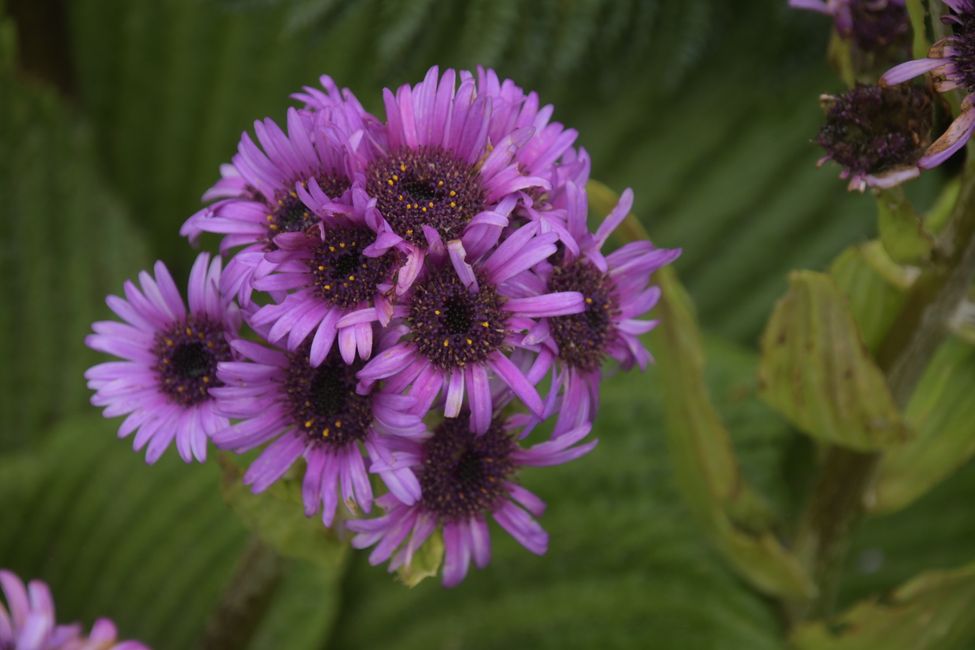
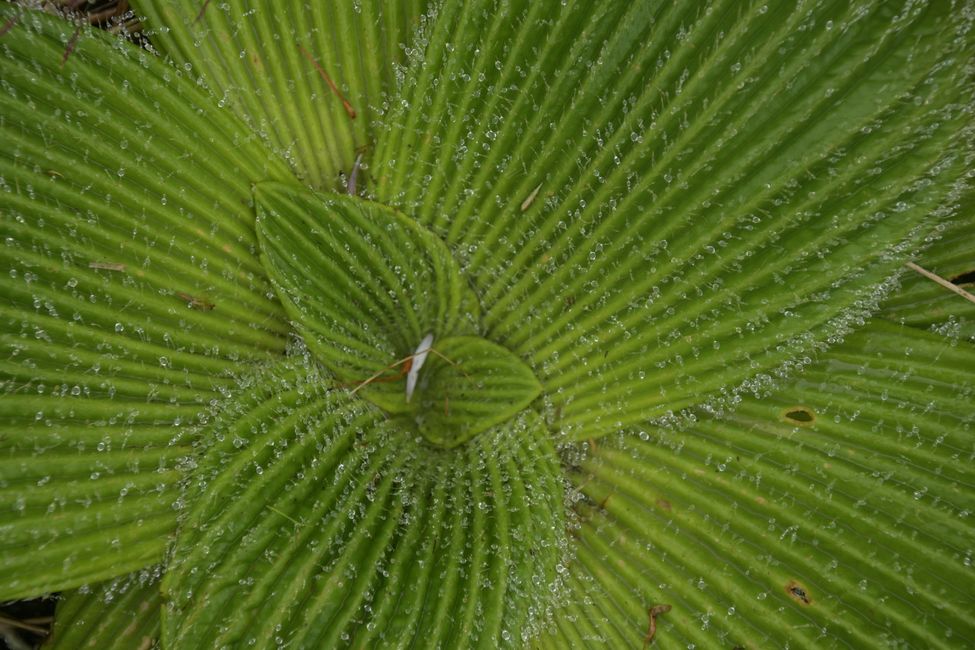
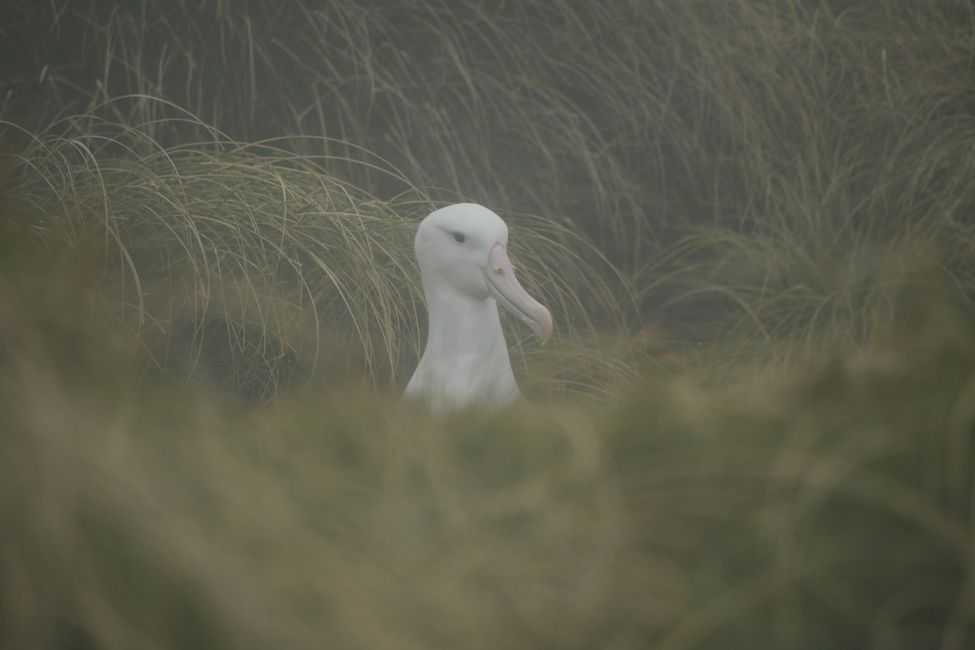
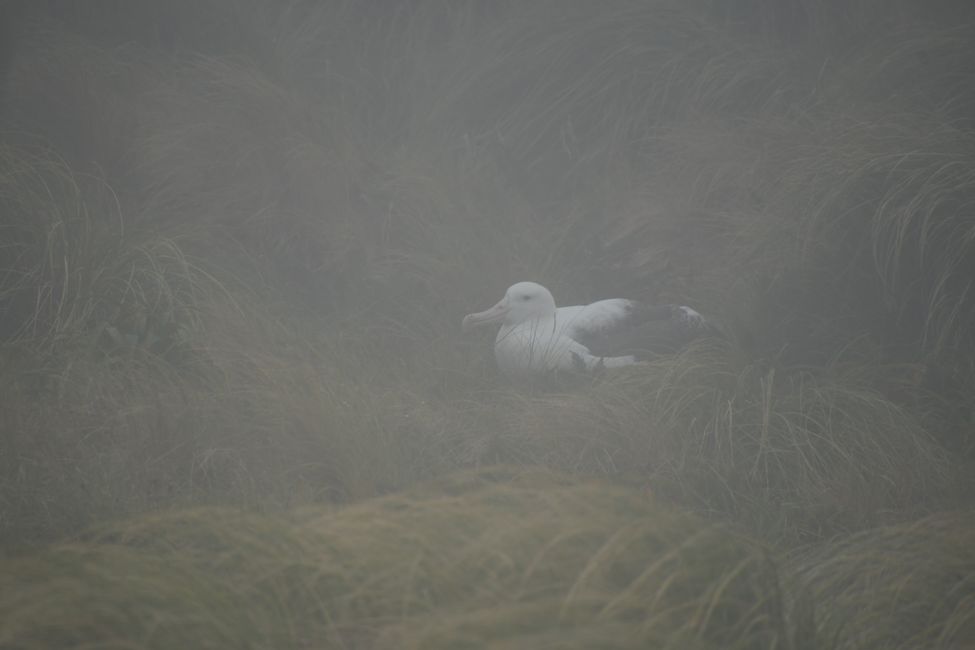
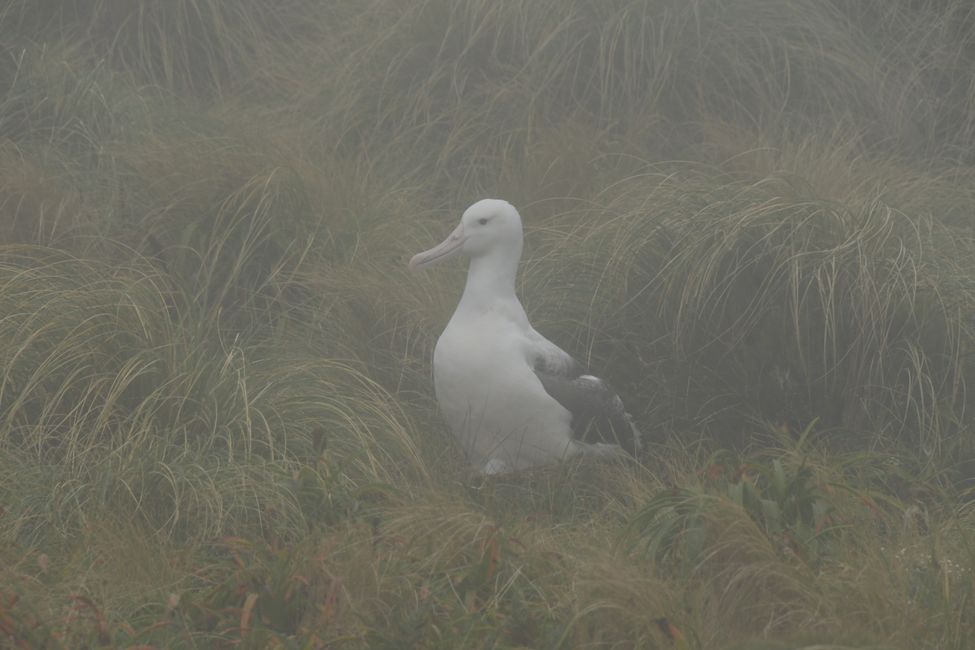
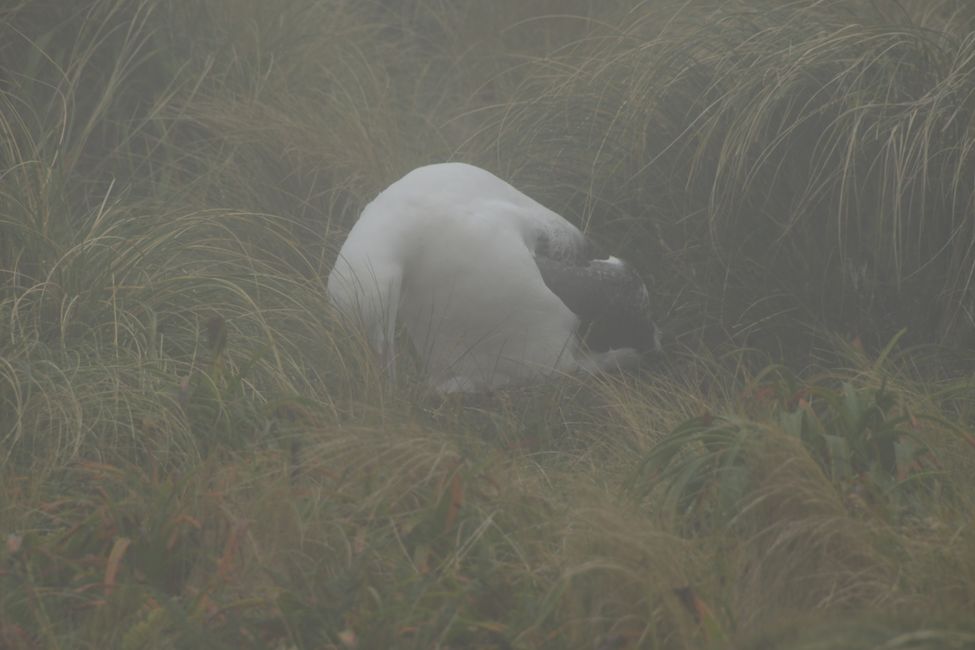
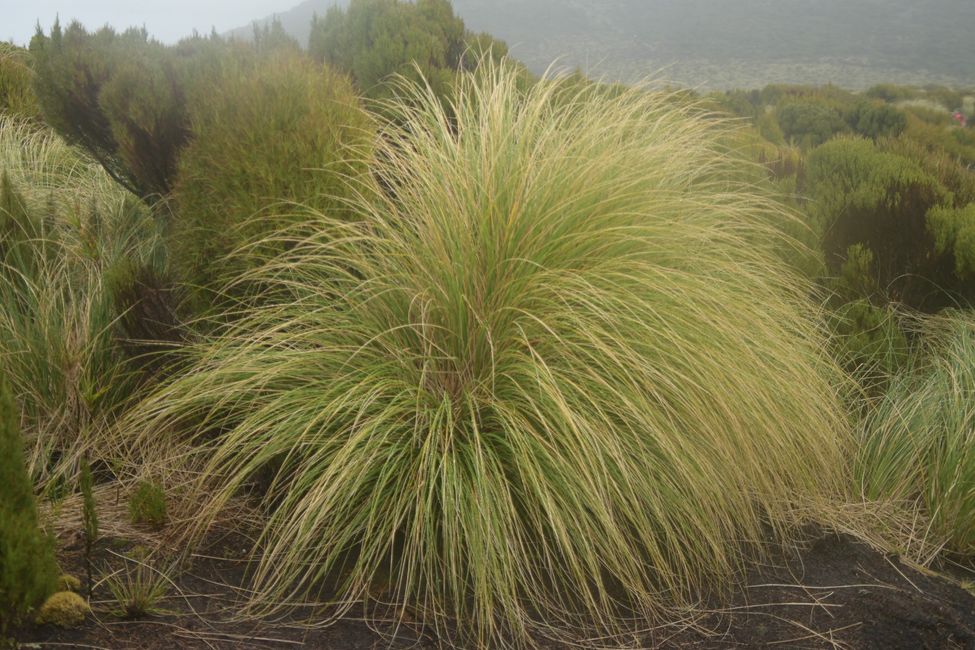
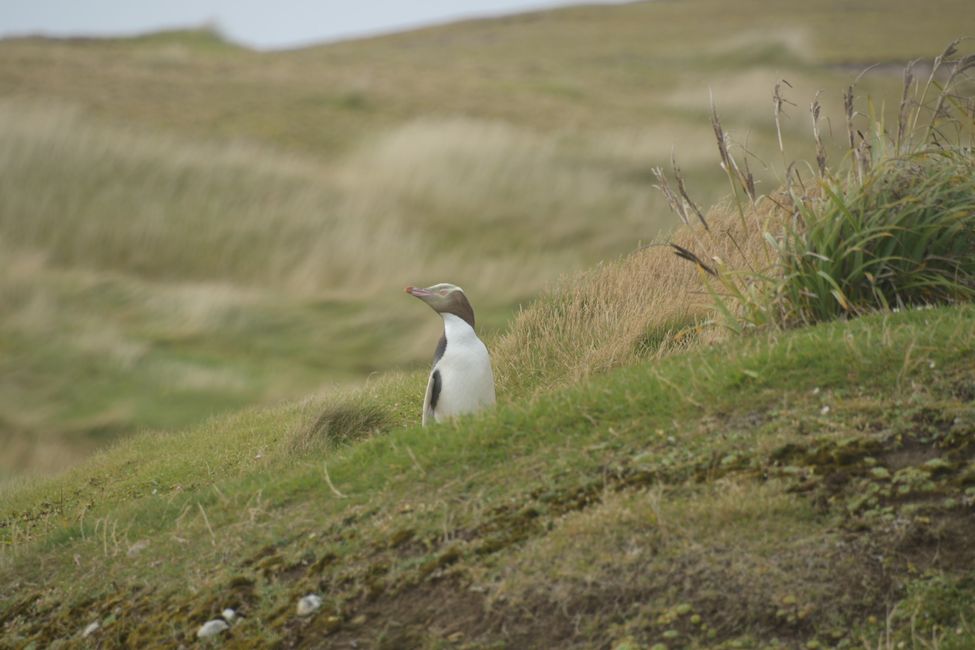
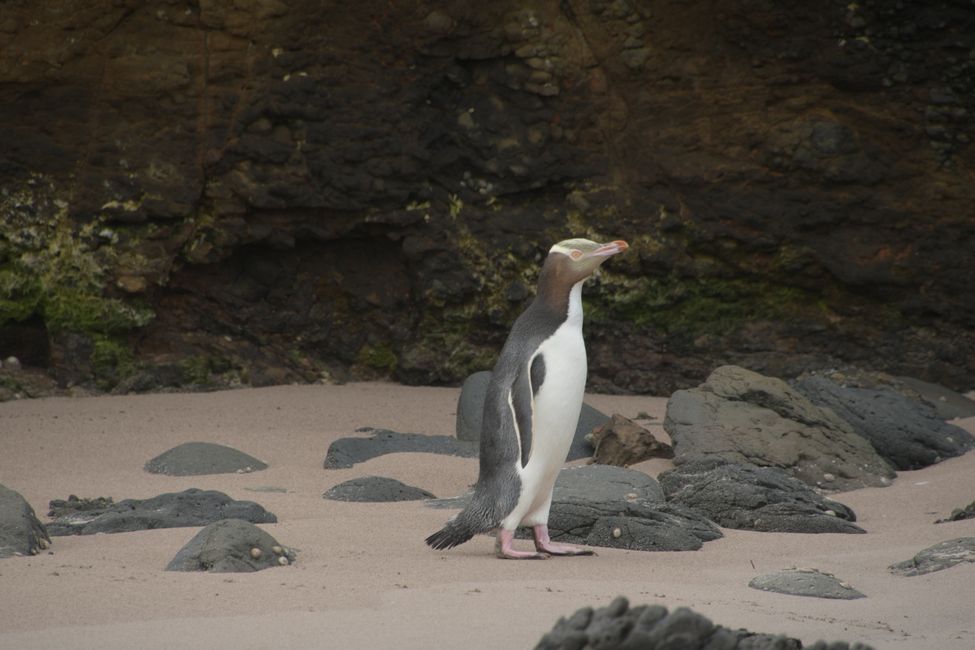
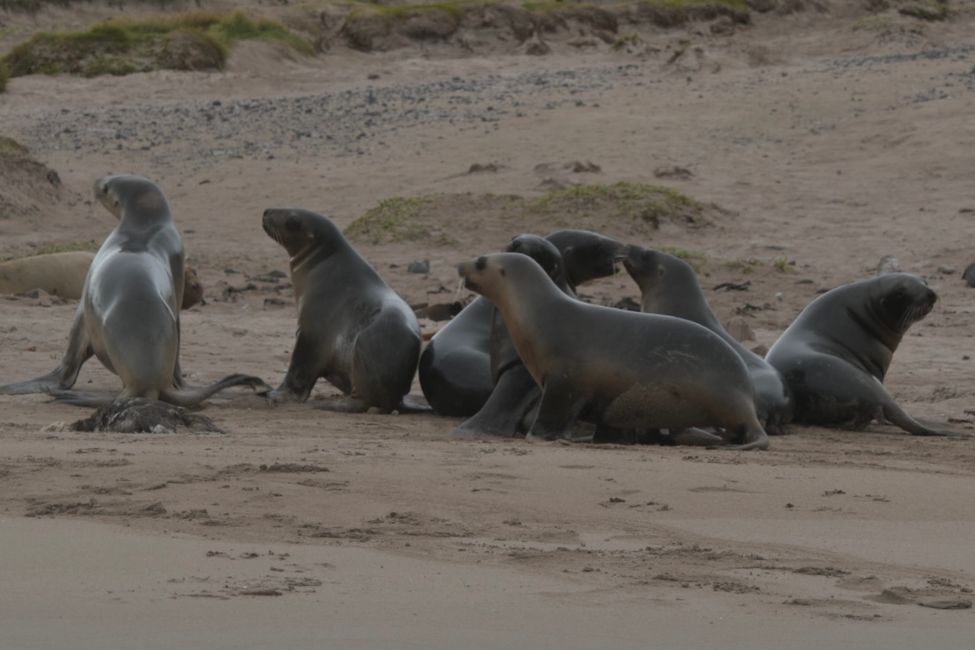
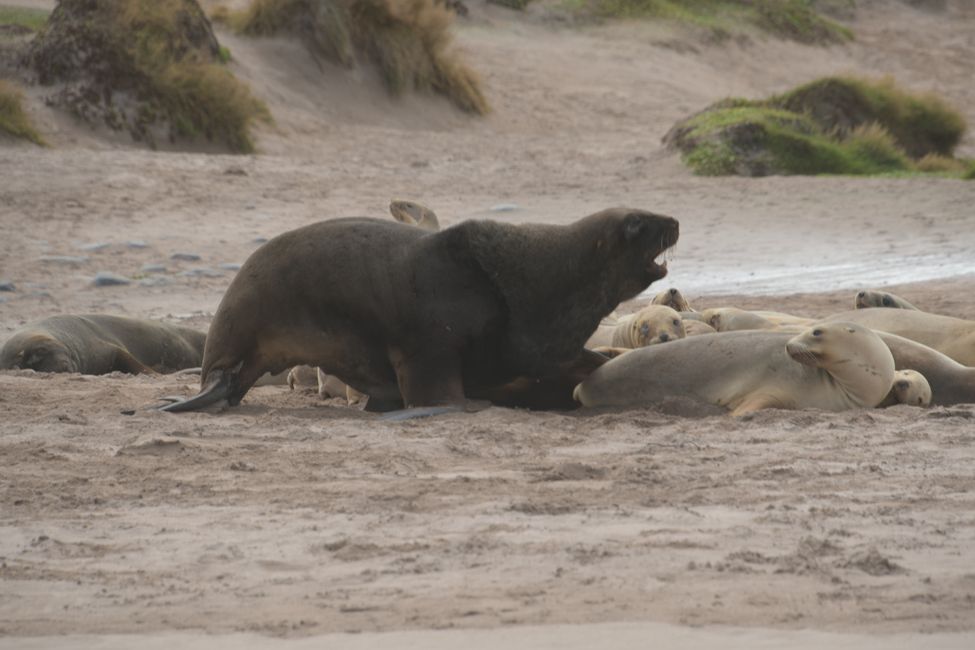
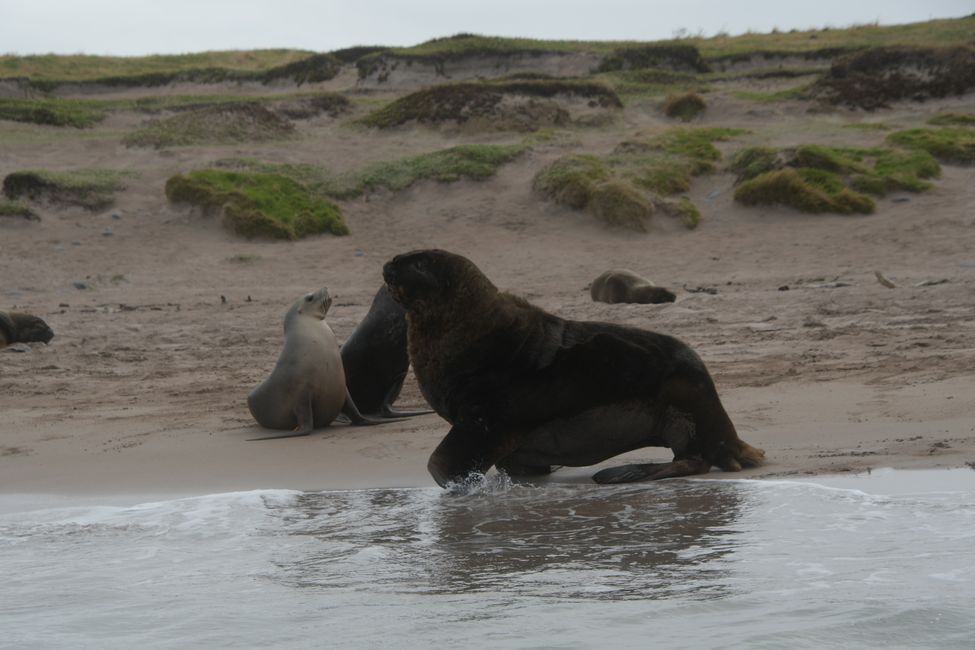
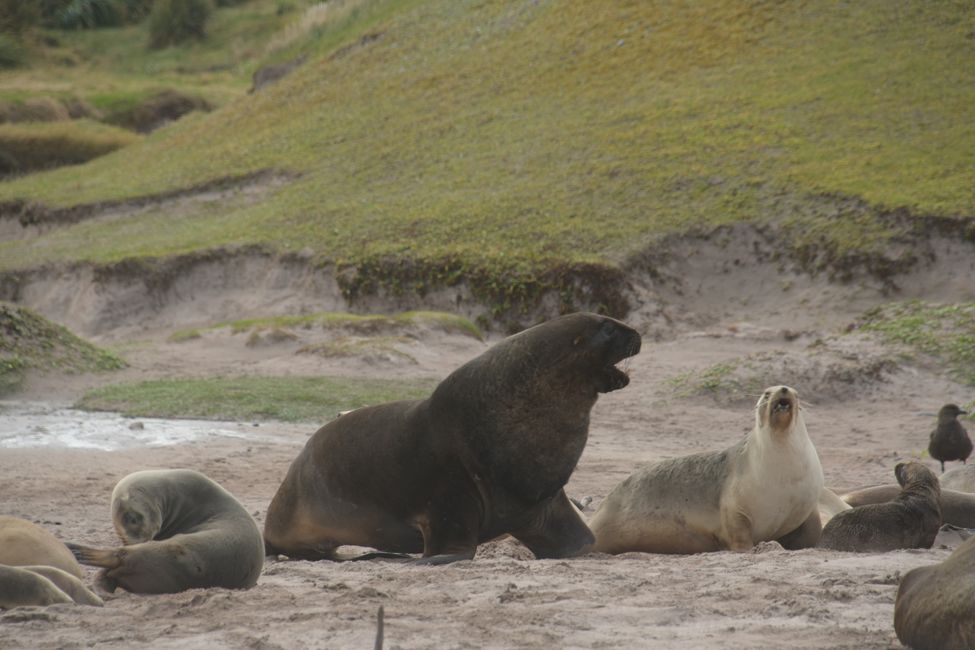
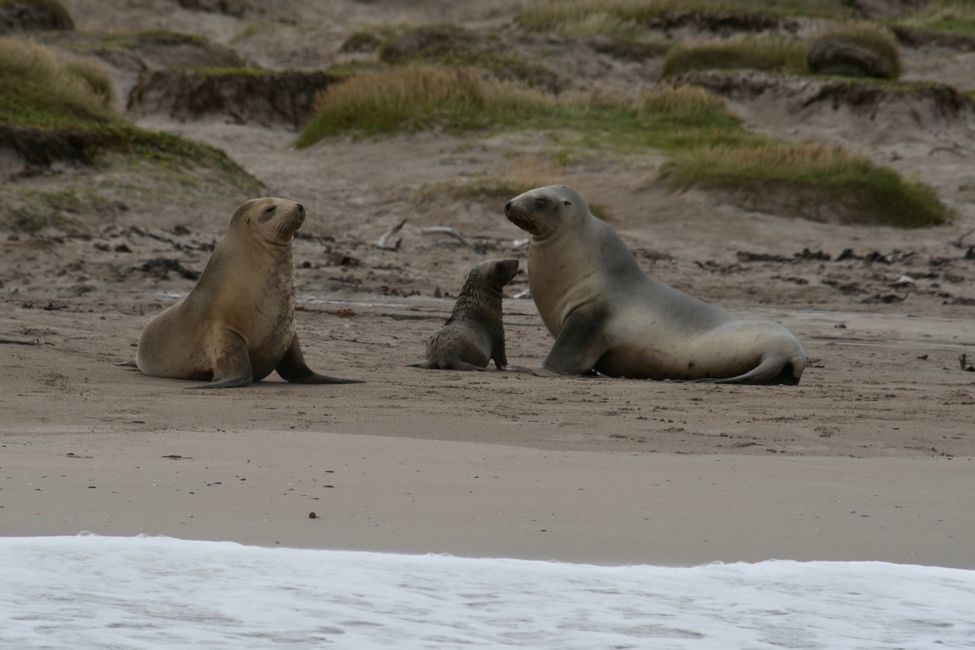
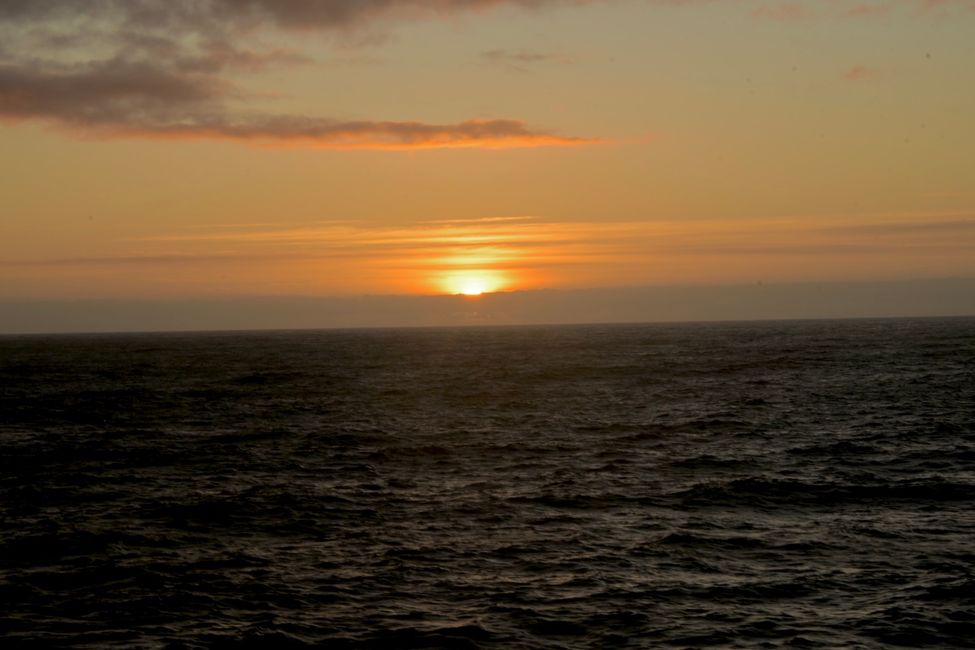
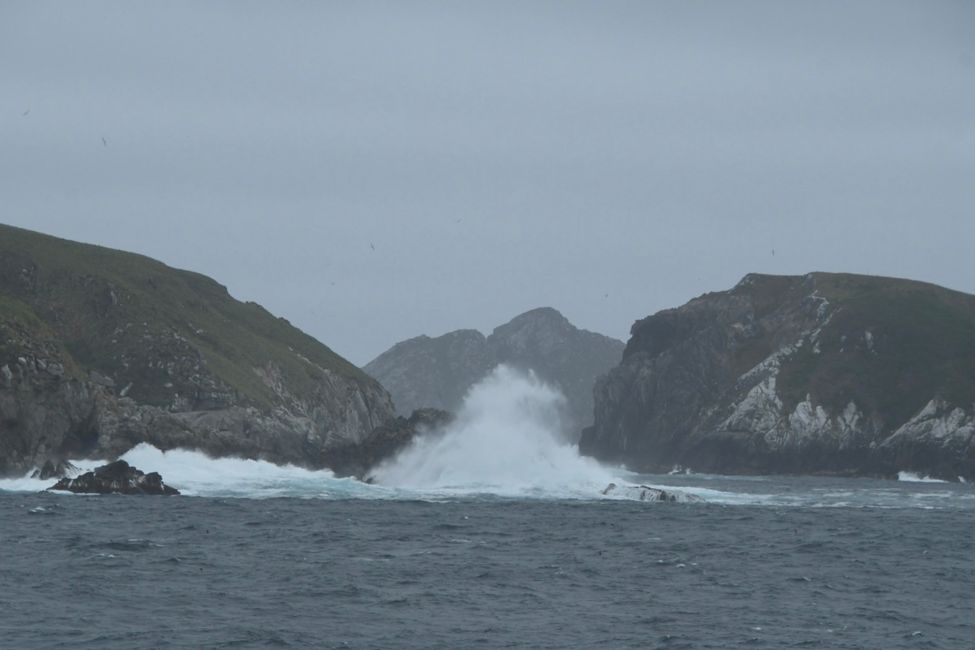
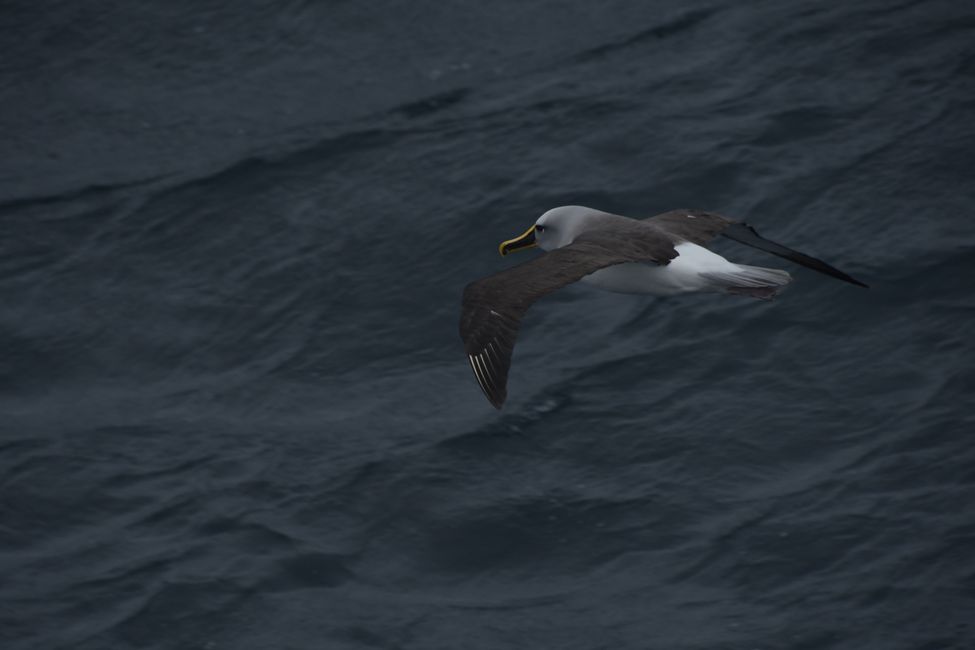
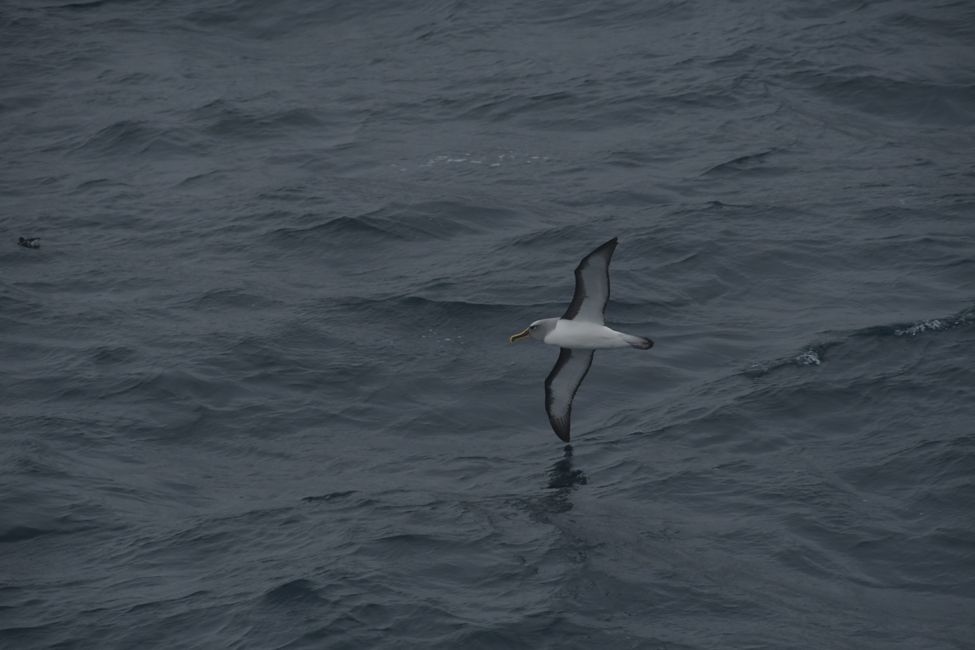
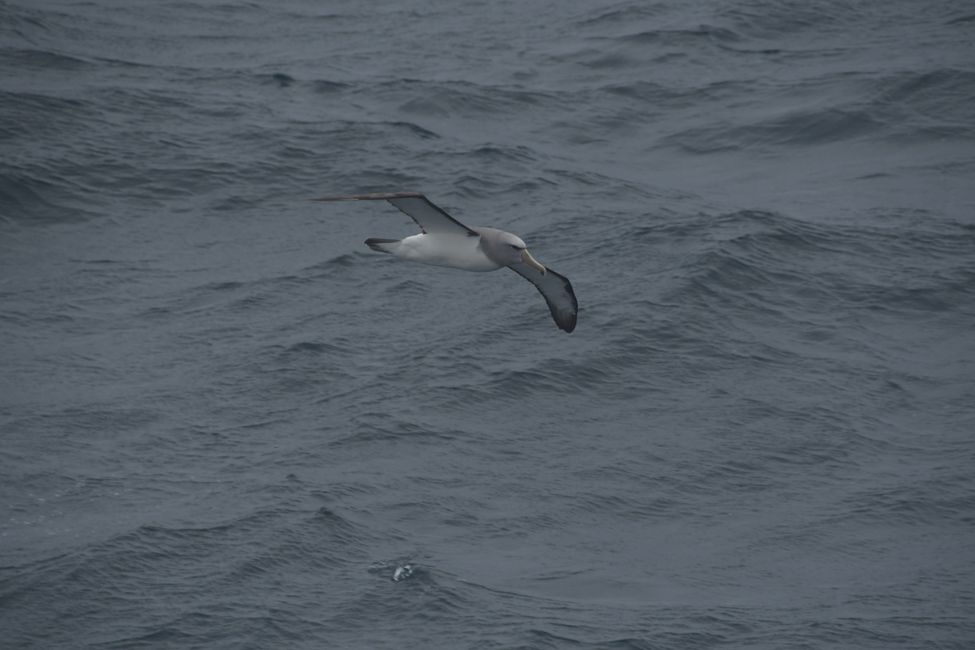
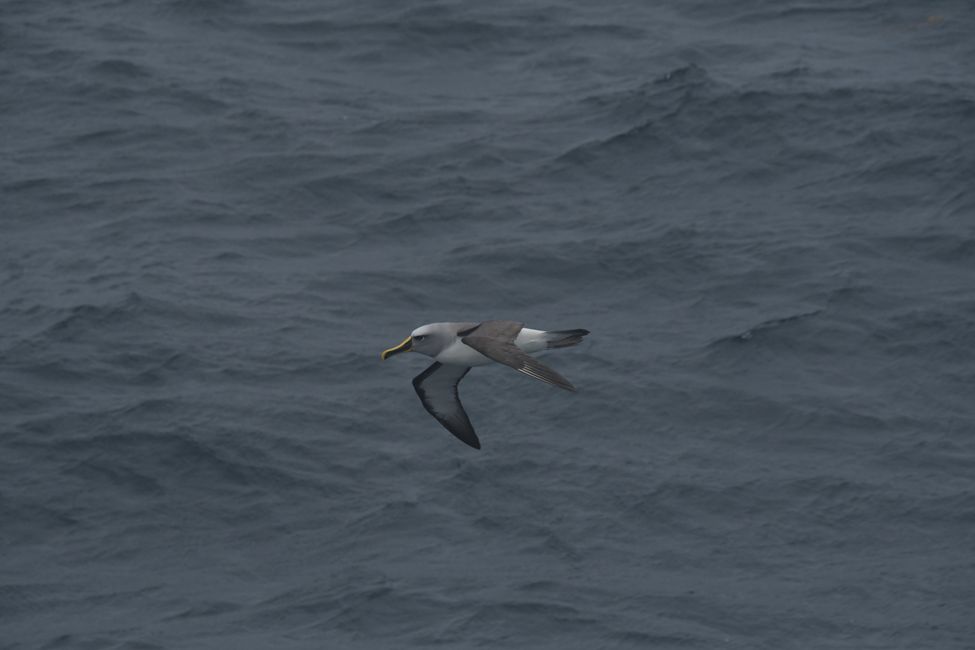
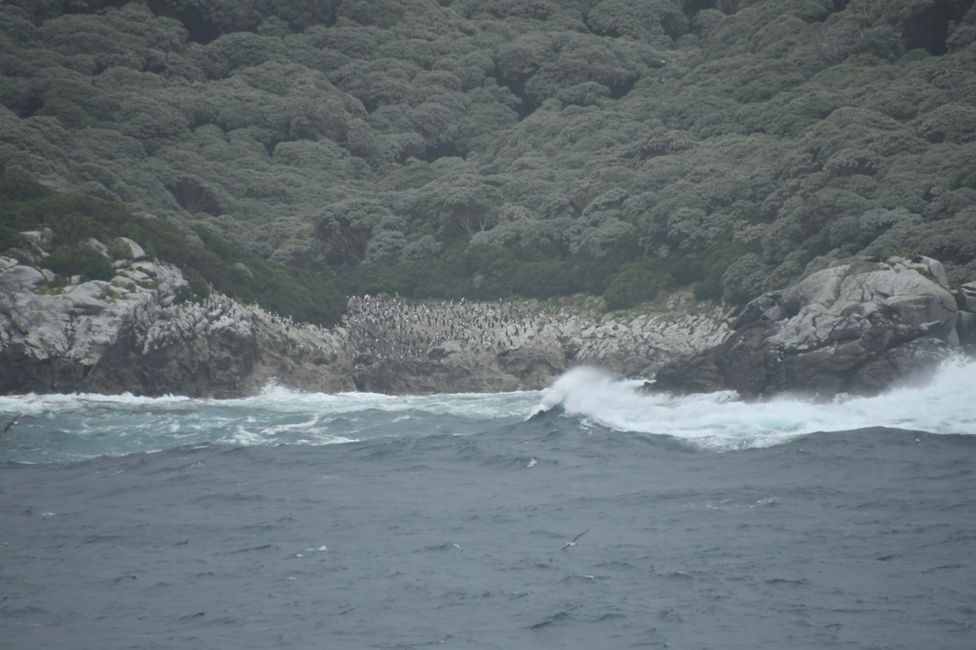
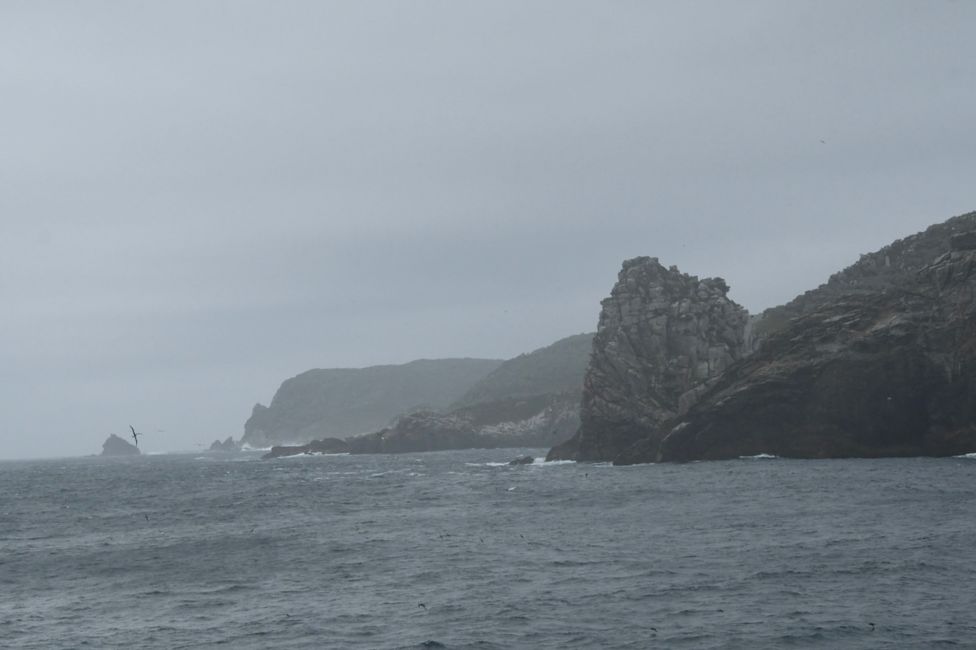
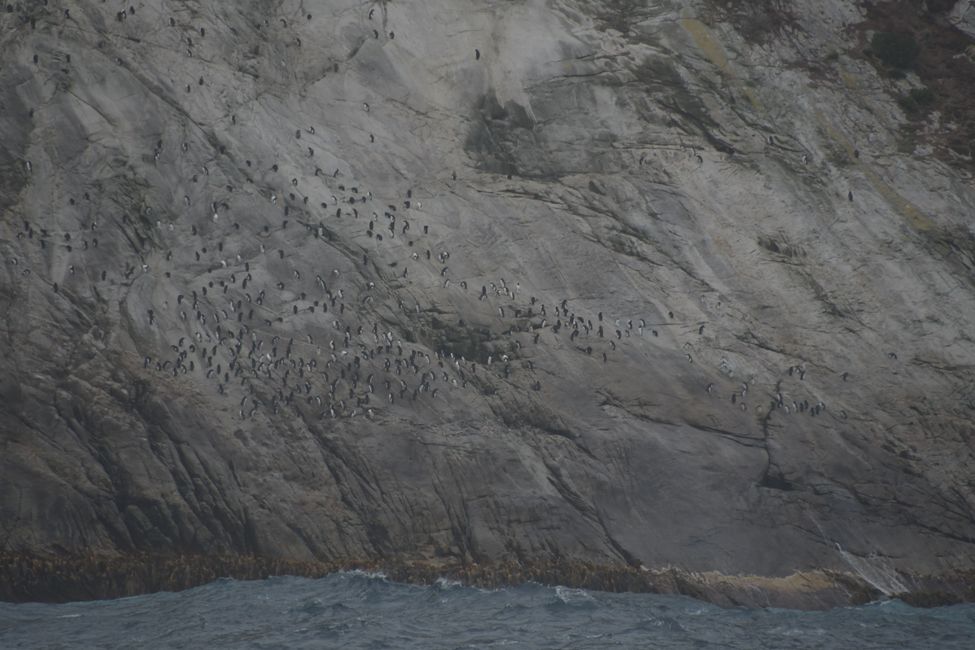
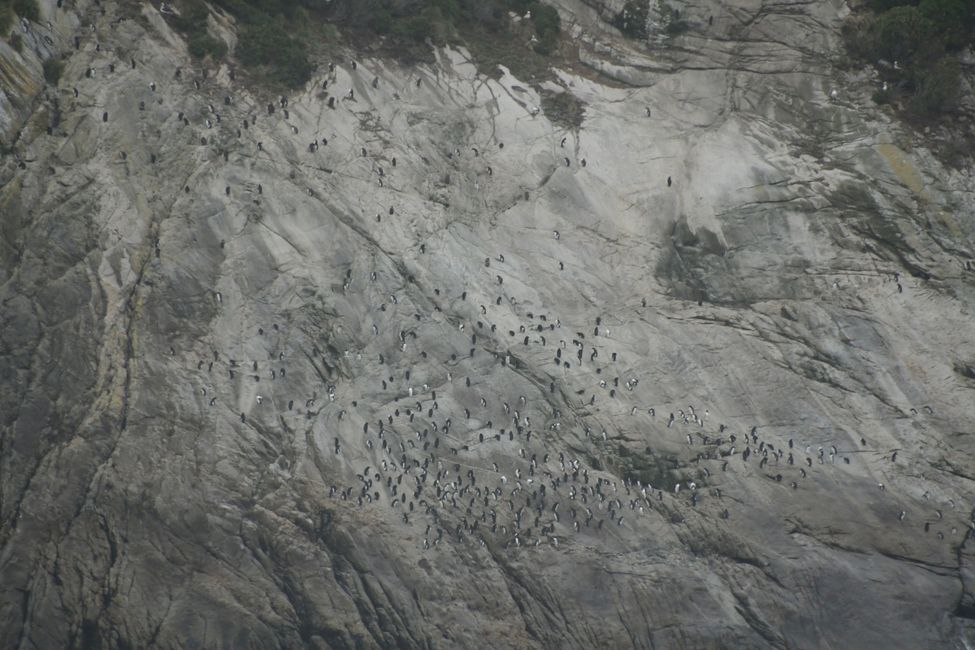
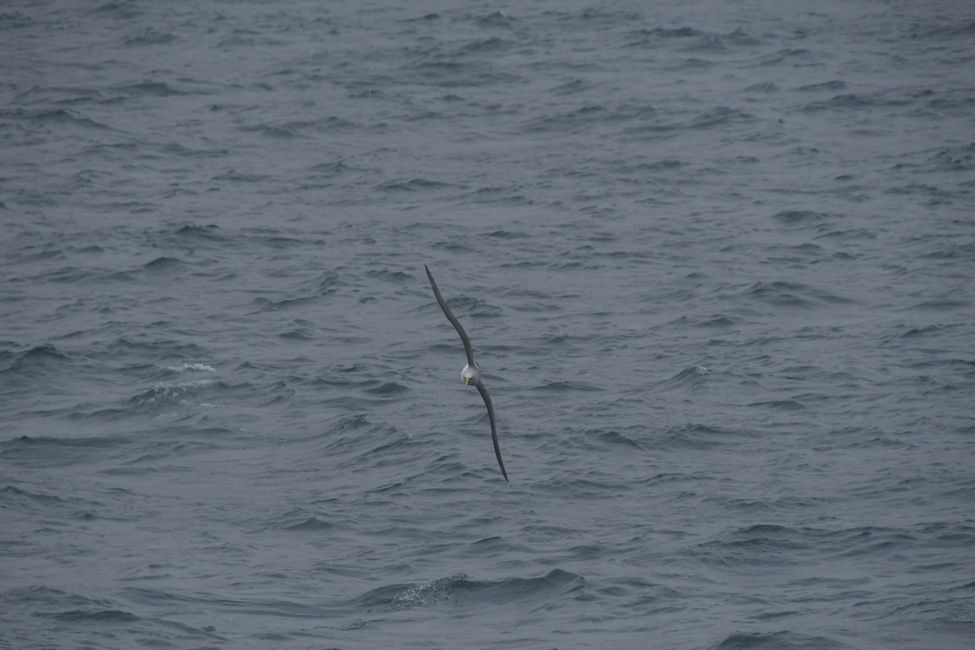
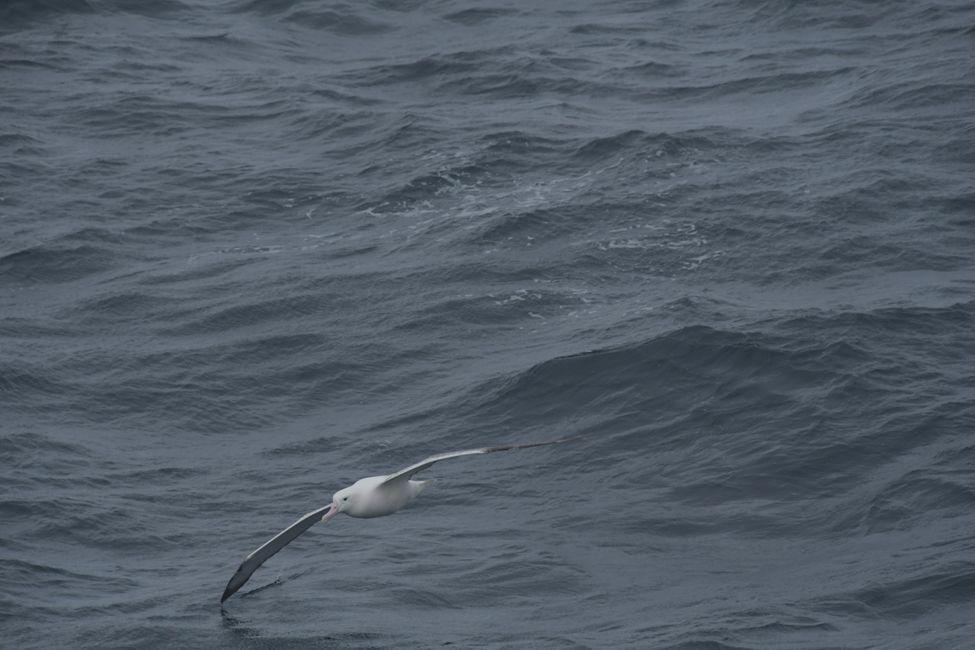
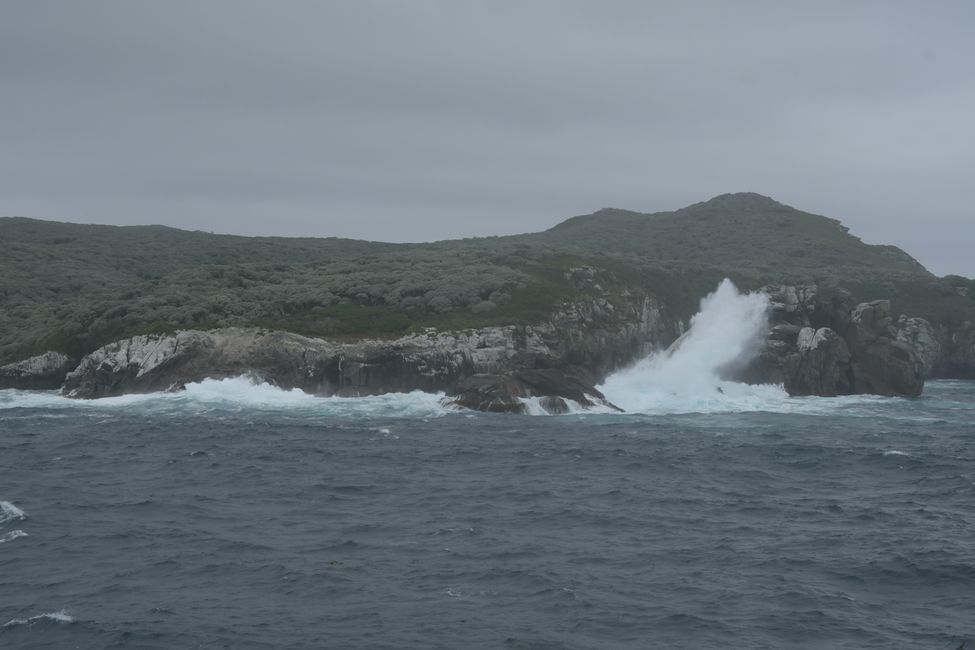
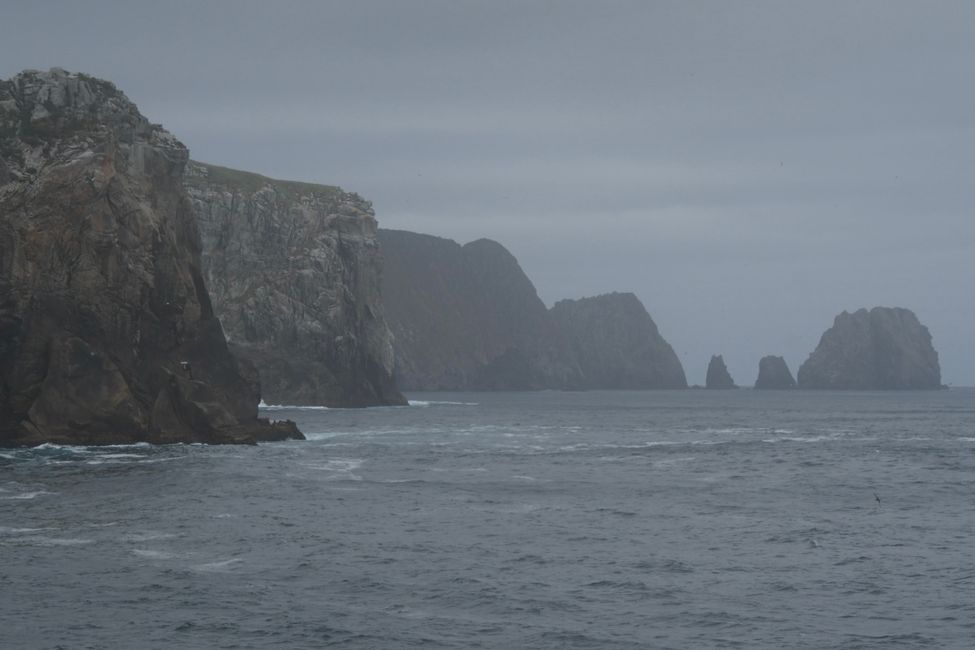
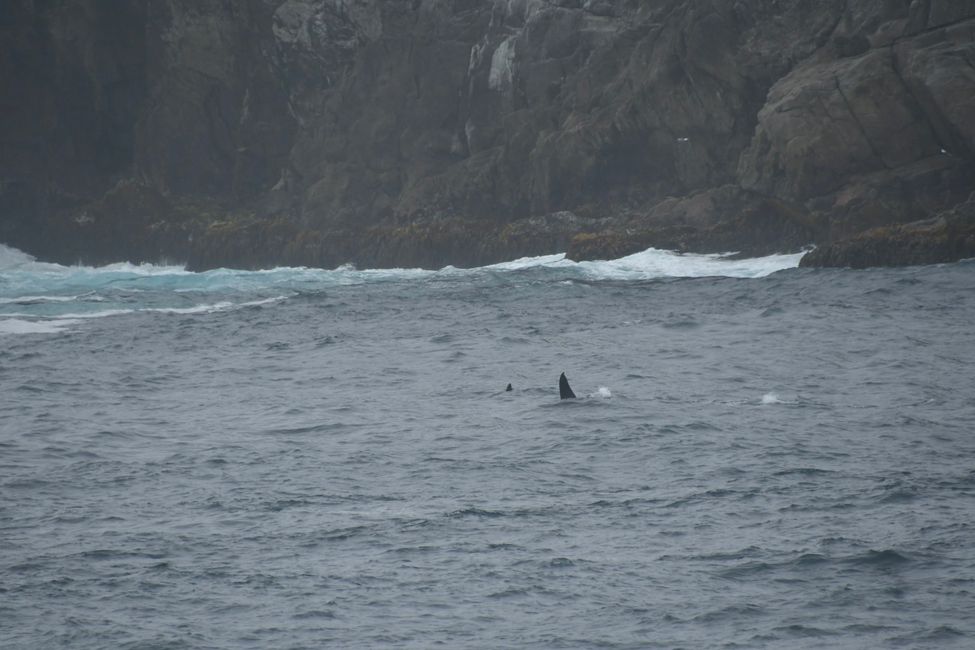
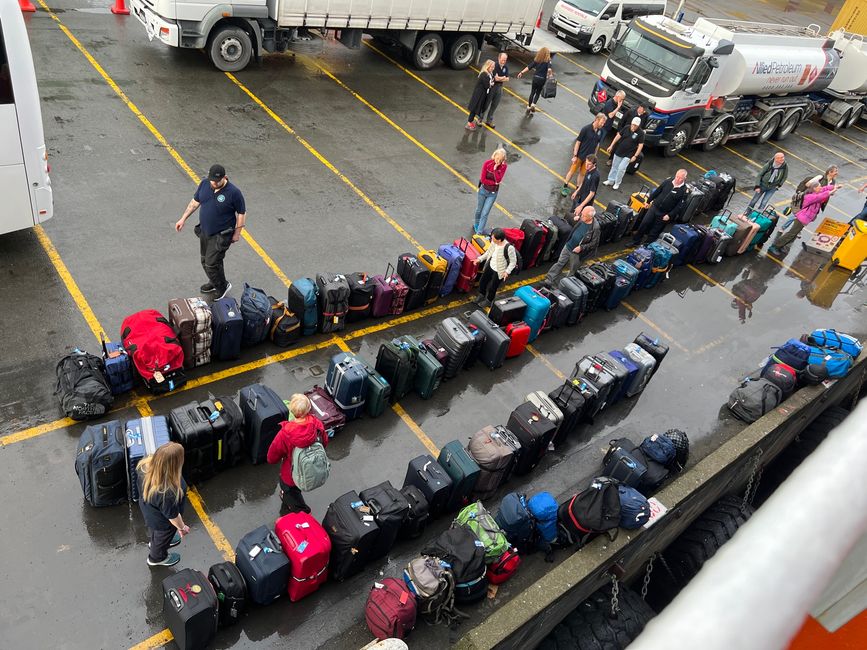
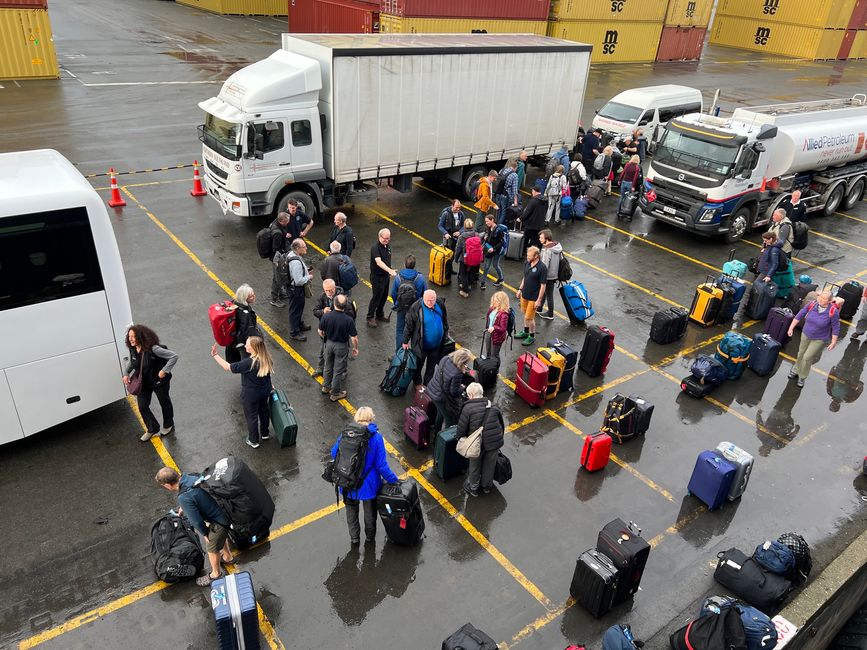
Iscriviti alla Newsletter
After leaving the Antarctic continent, we headed north with a few twists and turns. (Almost) on the way were the Balleny Islands, Macquarie Island, Campbell Island, Auckland Islands, and the Snares Islands - depending on the weather, we could still do something here, because we wouldn't need the full 9 remaining days with our slow carriage (20 km/h standard speed) (there are about 25 degrees of latitude to New Zealand, times 111 km equals about 2800 km - at 500 km/day we could be there in 6 days).
It took us only 1.5 days to reach the Balleny Islands, with some strong wind support (65 kn = 120 km/h was reported once), but the sea was still rocky and the decks were covered in snow - for safety reasons, we were kept inside the ship. The visibility was also poor, so there were only a few gray-on-gray photos here.
Two more days at sea passed mostly uneventfully, only the temperatures rose from slightly below zero to about 10° up. Then we reached Macquarie Island. The island belongs to Australia, and currently there are no permits to land here except for scientific personnel. But at least we were allowed to ride along with the zodiacs at 2 beach sections ... Macquarie Island is home to 3 different species of penguins, including King Penguins and Royal Penguins, each in colonies with 6-digit numbers of individuals. There are also various species of fur seals and sea lions here, especially the quite massive Southern Elephant Seals. We saw all of these animals, with the curious King Penguins circling us and almost swimming and jumping against the cameras. Of course, we would have loved to walk through the colony, but even so, we got a good impression of these animals, and considering that at one point it was said that we weren't allowed to go here at all, we had another great day. It's almost not even worth saying - but once again the weather was on our side, despite the fog that was present especially in the morning - on an average day, you probably couldn't even launch zodiacs here.
It now took us two nights and the day in between to get from 'Macca' to Campbell Island. We were approaching the end of the journey - Campbell Island already belongs to New Zealand. For this island, we even received a permit to land, even at the last minute, 2 days before arrival, so we were able to do a zodiac cruise and a landing (also with the zodiacs) with a 6 km hike. The highlight of this island are the albatrosses nesting here, but for us, the unexpected discovery of some Royal Penguins was even more exciting. But we also saw plenty of albatrosses, especially in the air. However, during our hike to the breeding colony, it was foggy, rainy, and windy - we only saw 5 albatrosses at a photographable distance. Well, at least one of them briefly stood up and let us catch a glimpse of its chick.
Now it was only about +/- 600 km to Bluff (= the endpoint of the journey in New Zealand), which would take about 30 hours of driving time. But we still had 60 hours left, so a zodiac excursion to the Auckland Islands was scheduled. Again, the weather was tolerable and the visibility was good enough. With the discovery of a few Yellow-eyed Penguins, the number of penguin species seen on our journey was increased to 10 (out of 18 species worldwide!). On one beach, a group of fur seals was very active - some males were busy keeping competitors away from females, and there were also a few babies and juveniles. Our inflatable boat got washed up onto the sand (and it took a few moments to get it going again) - especially the front row (including our female M) was only about 2-3 meters away from the alpha bull. Well, he fortunately had other things to do...
We would have been allowed to do another zodiac excursion at the Snares Islands, the last group of subantarctic islands, but the wind and waves did not cooperate well enough here. So we saw the 11th penguin species - the Snares Island Penguin - only from a very far distance on some rocks - let's not count it. For our entertainment, there were particularly many albatrosses flying around here, and we watched them for a while before the ship started moving so that we would arrive in Bluff at the appropriate time. The final highlight of our journey was a group of orcas, although they were not very visible.
In Bluff, the chapter on Antarctica was closed... but immediately after, the chapter on New Zealand began.
Iscriviti alla Newsletter
Risposta

Rapporti di viaggio Nuova Zelanda
